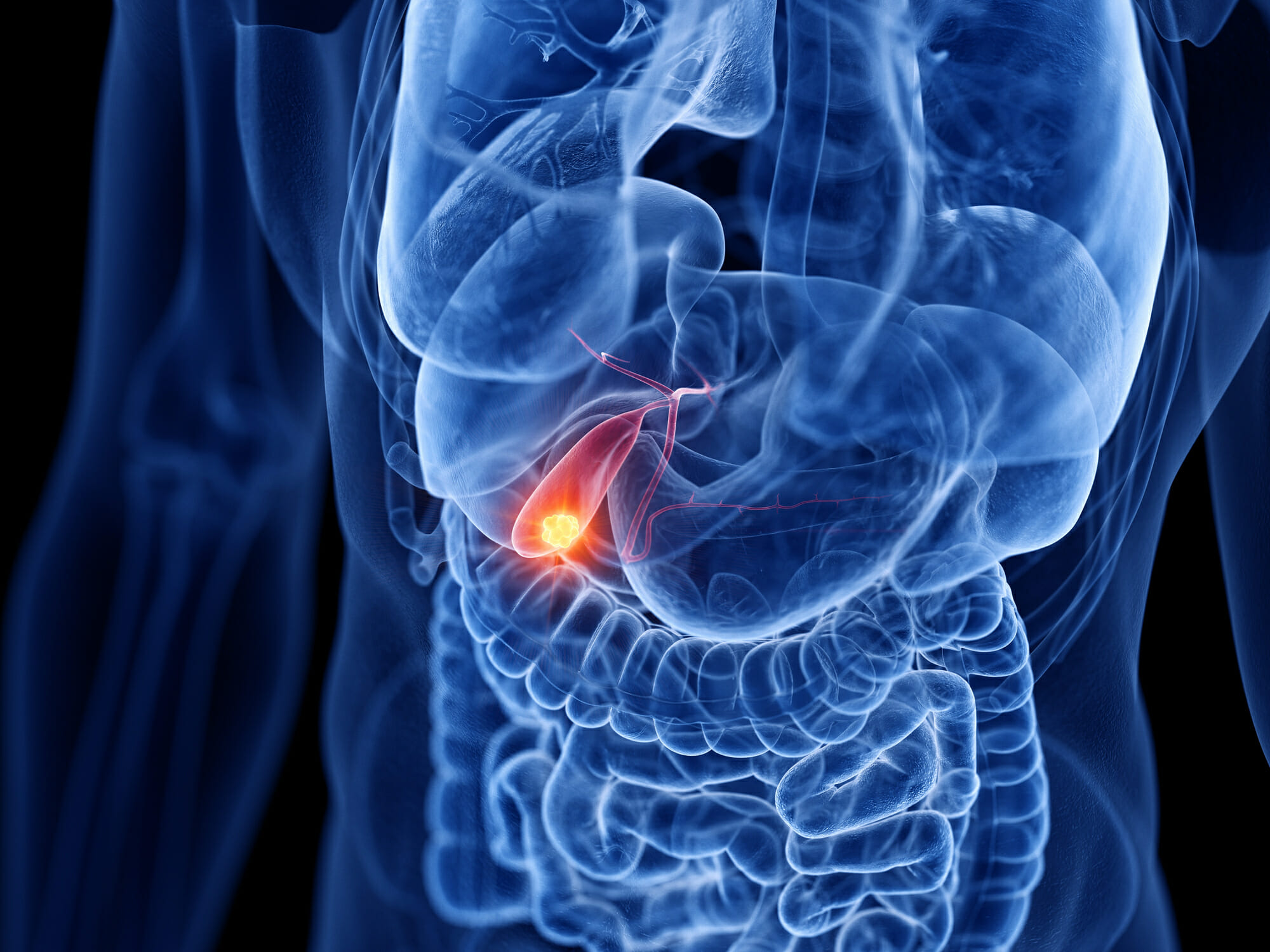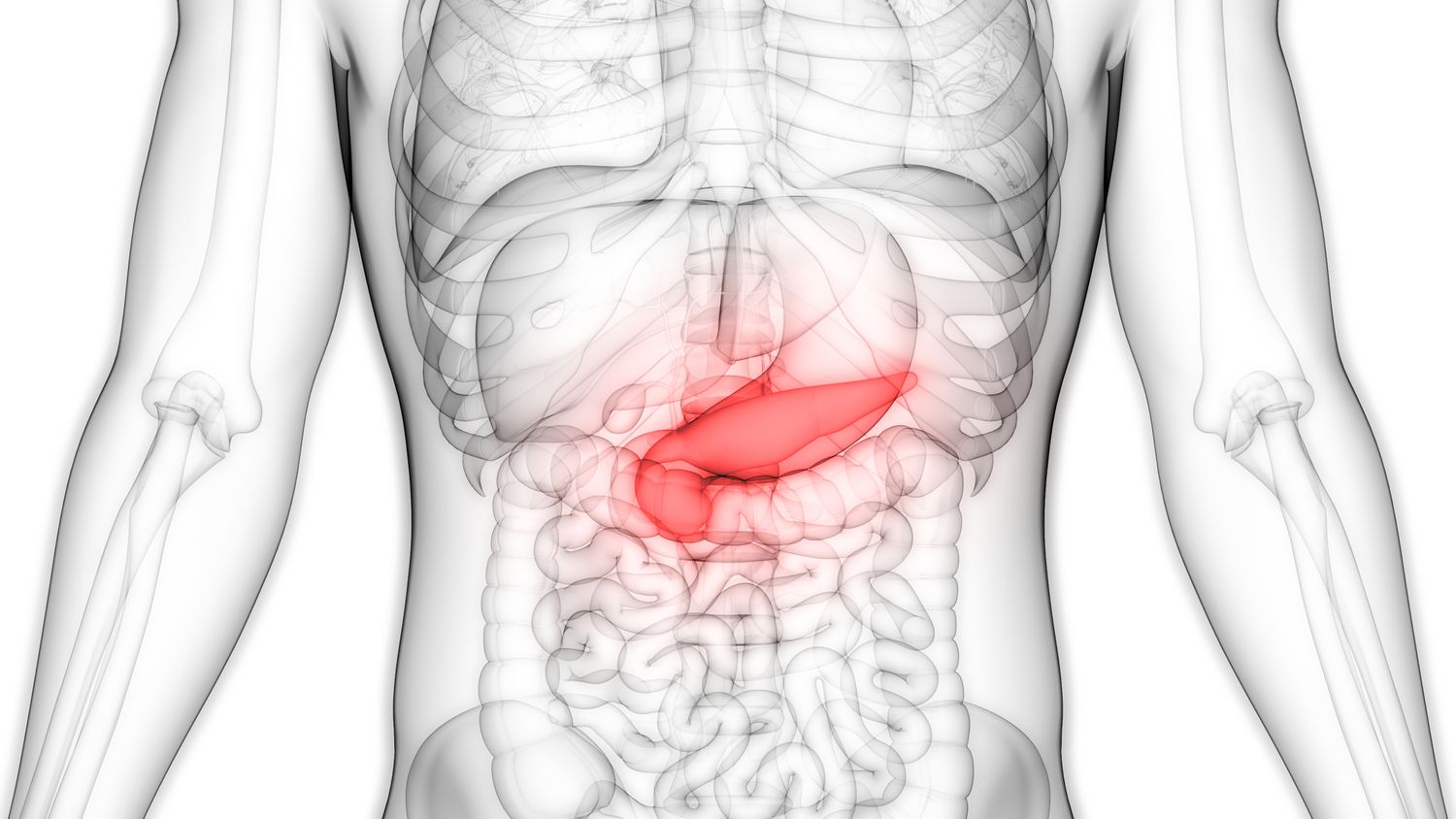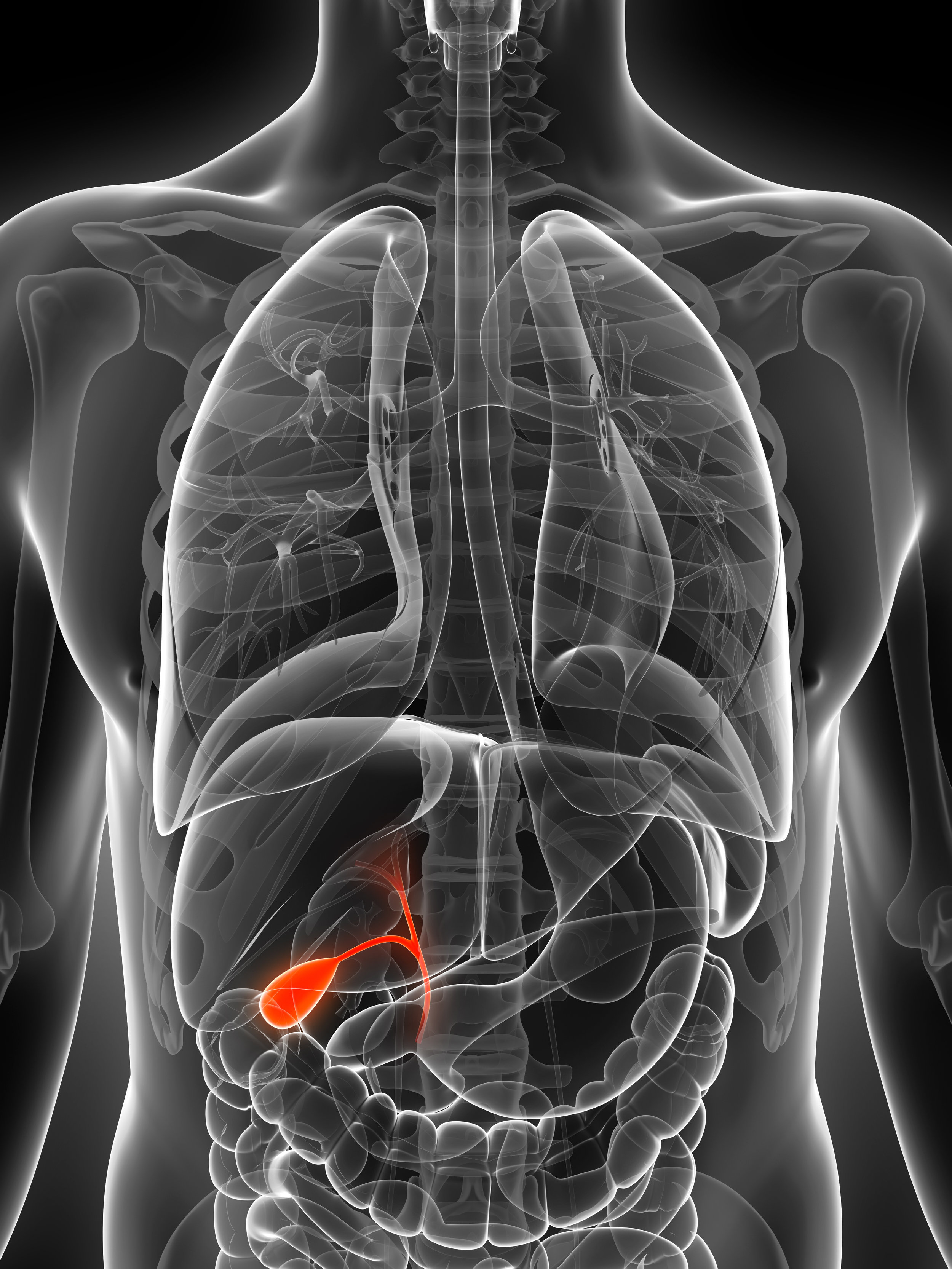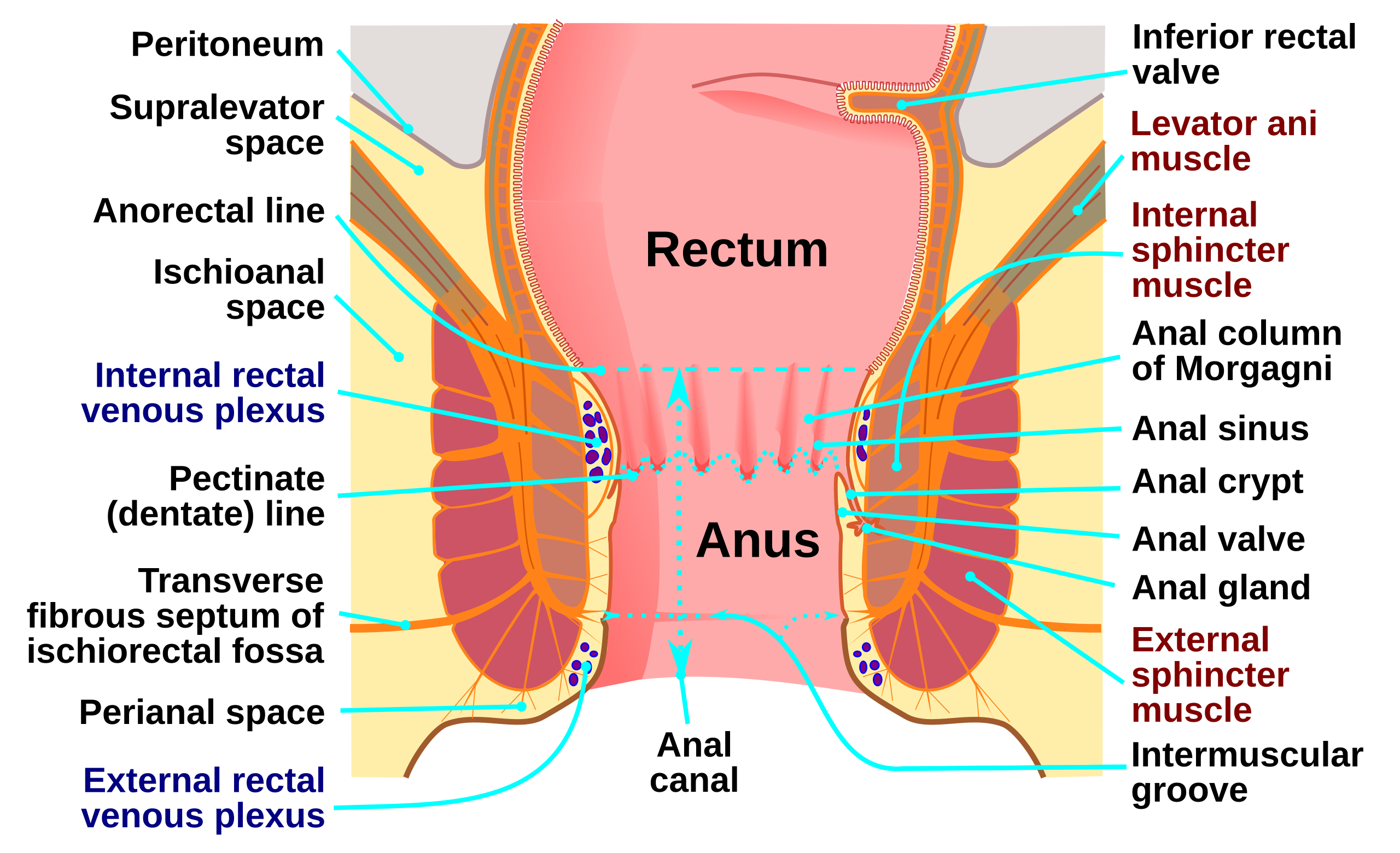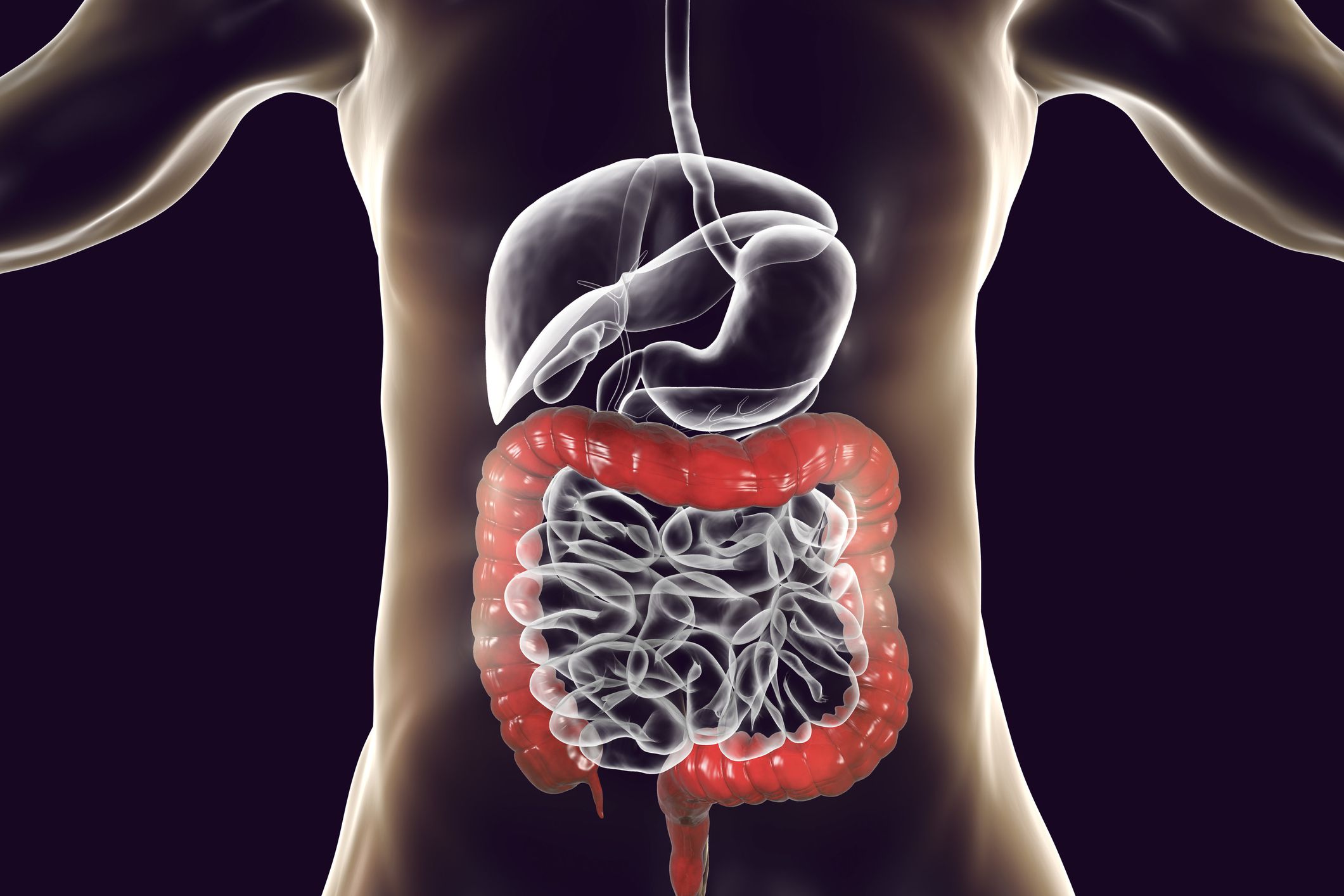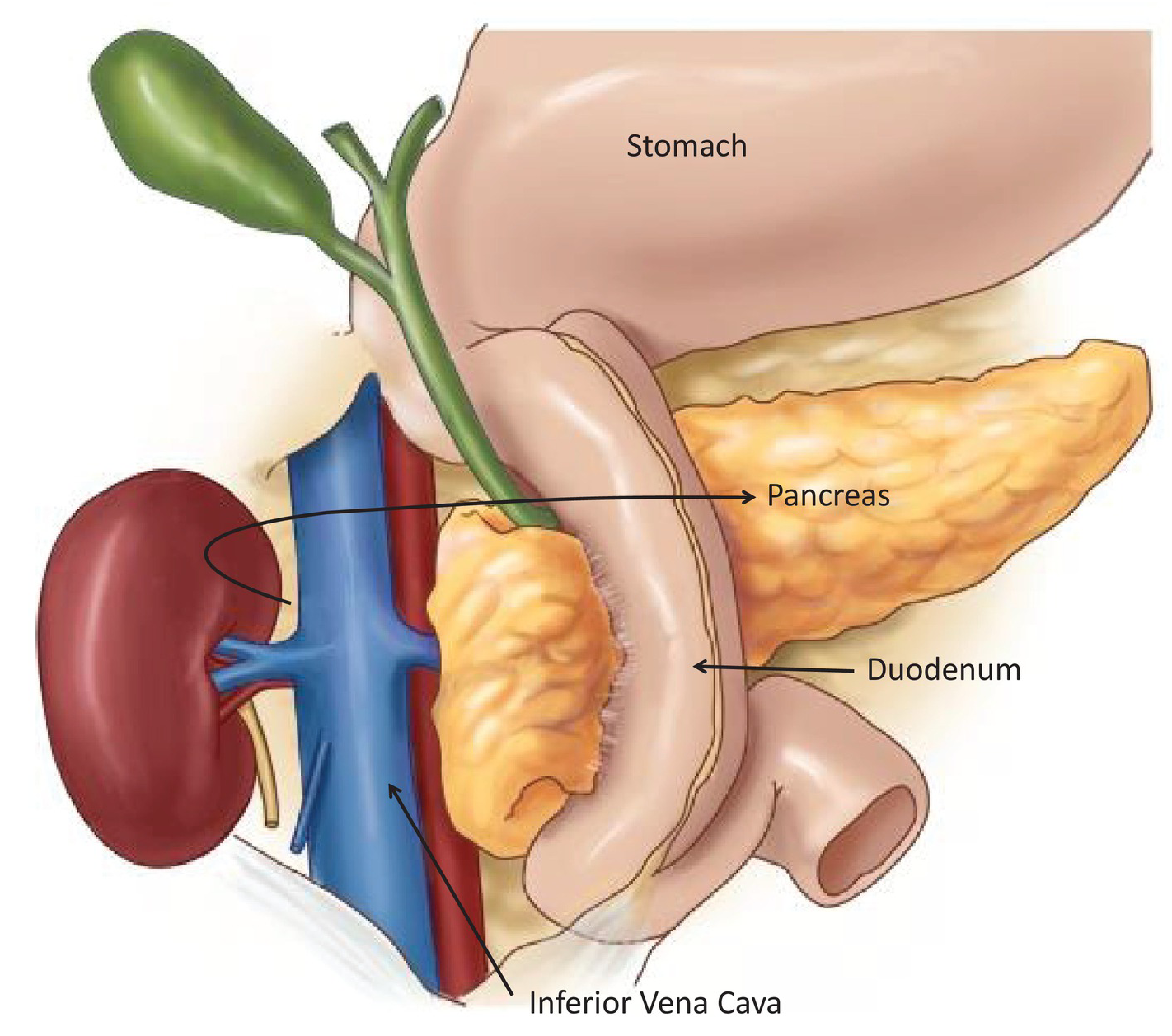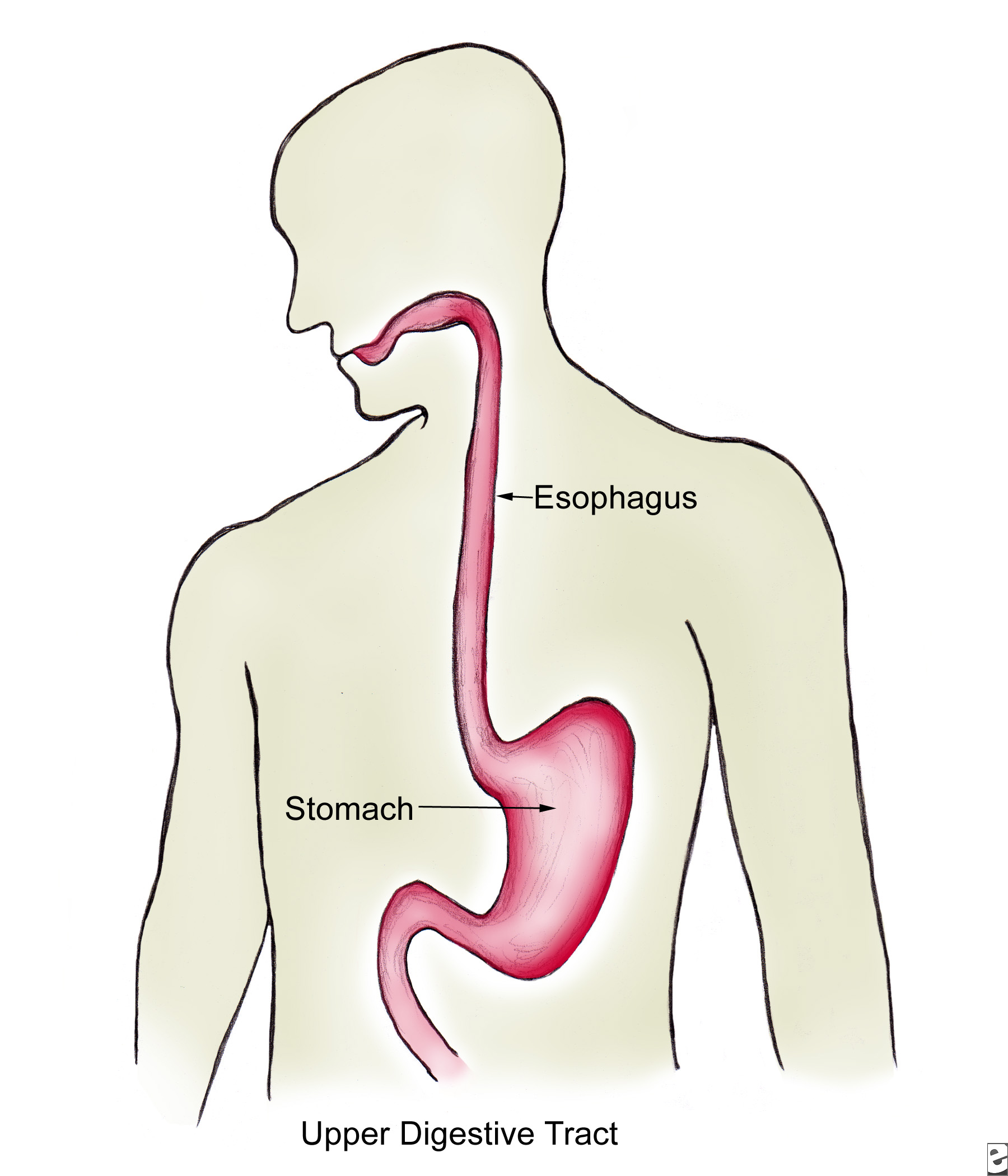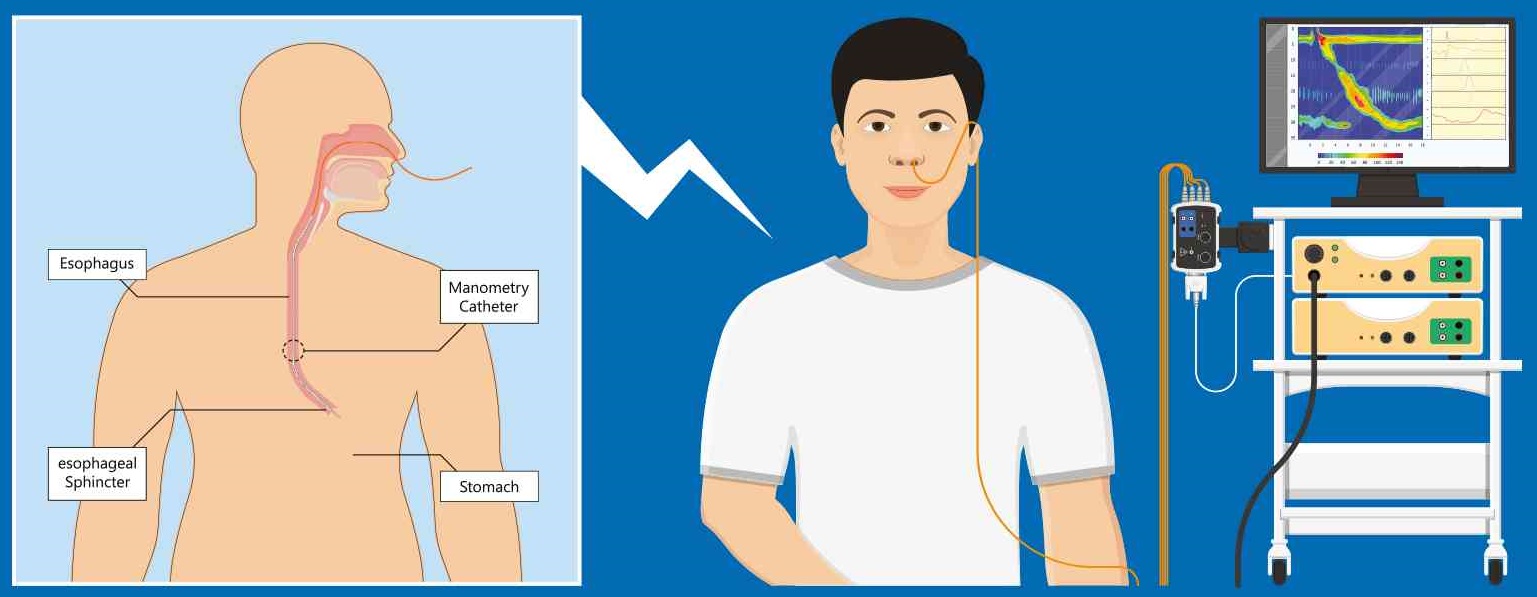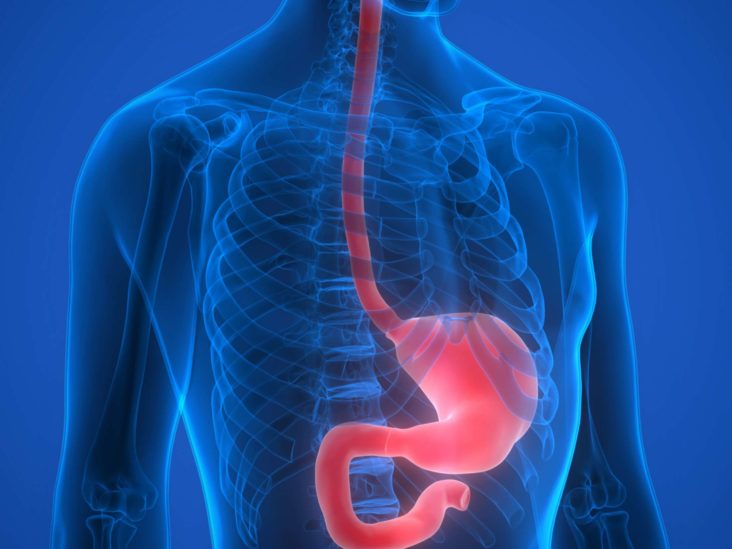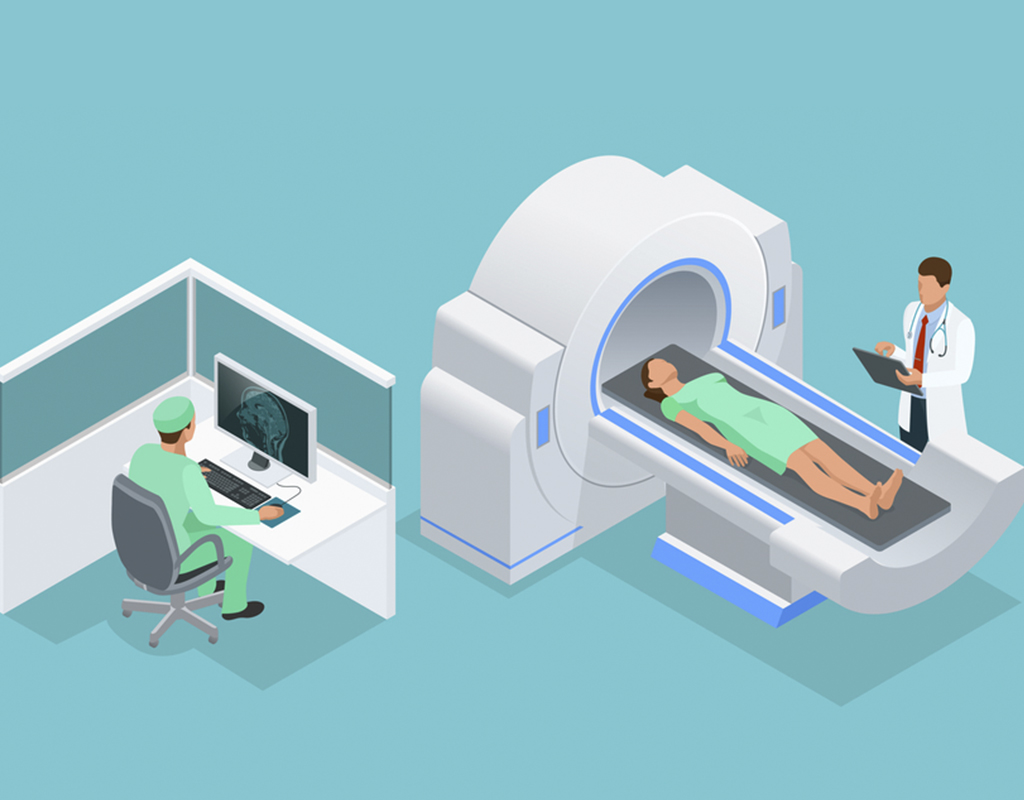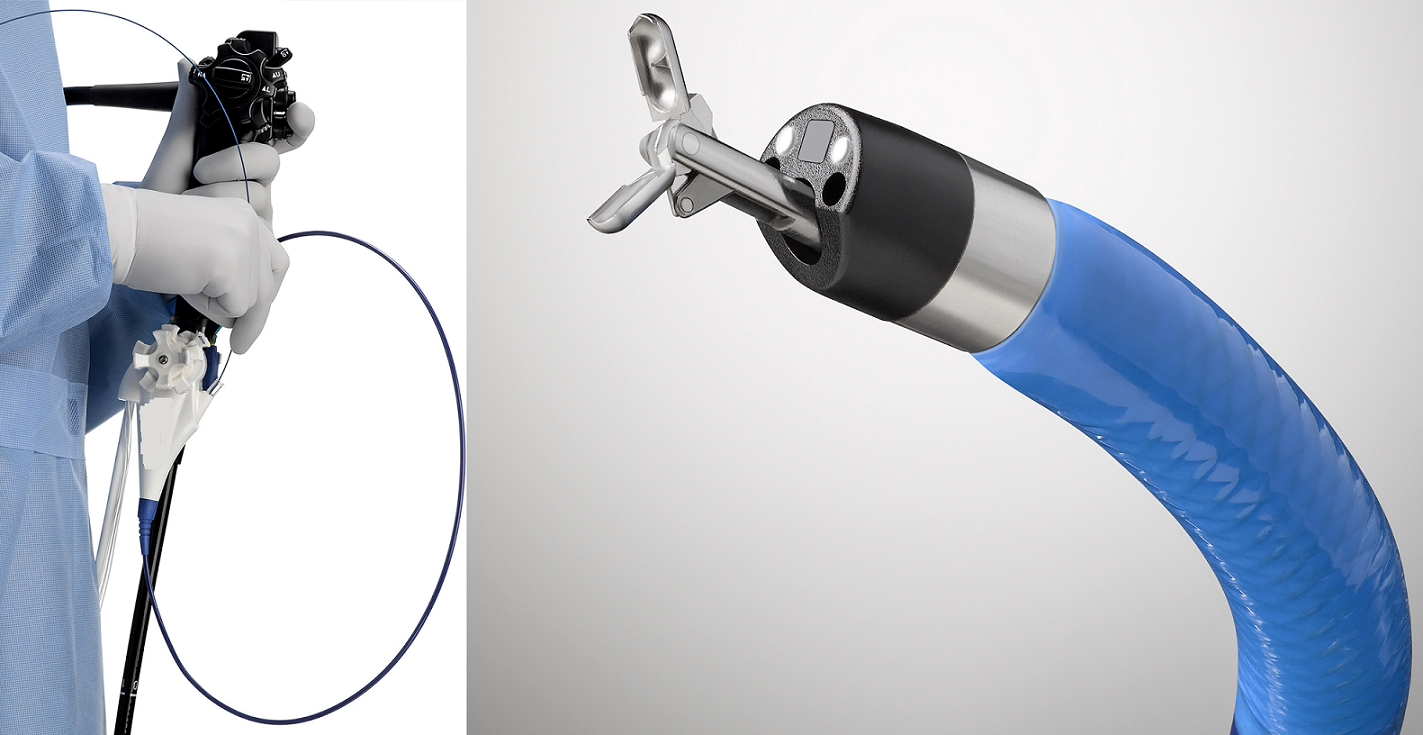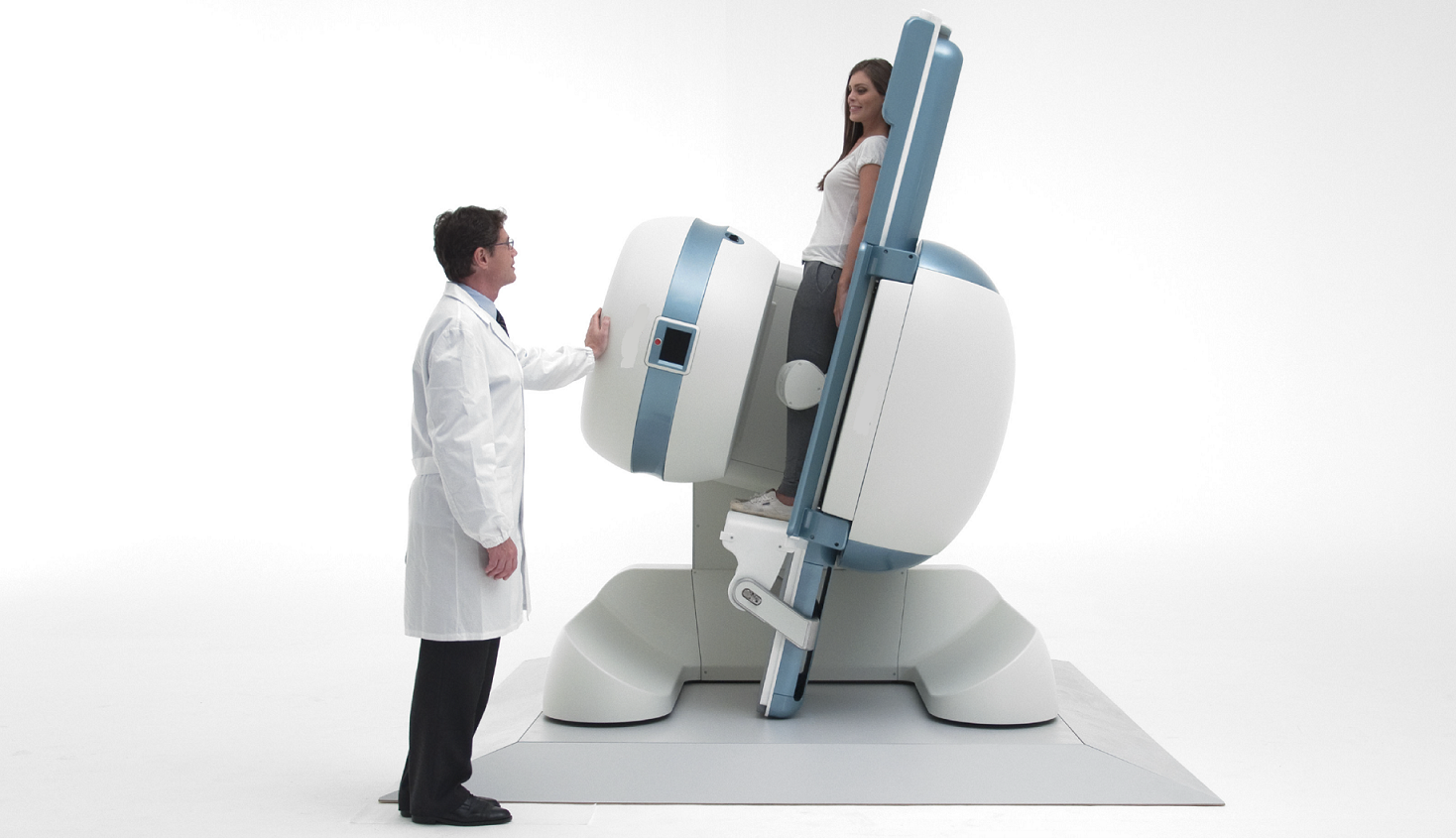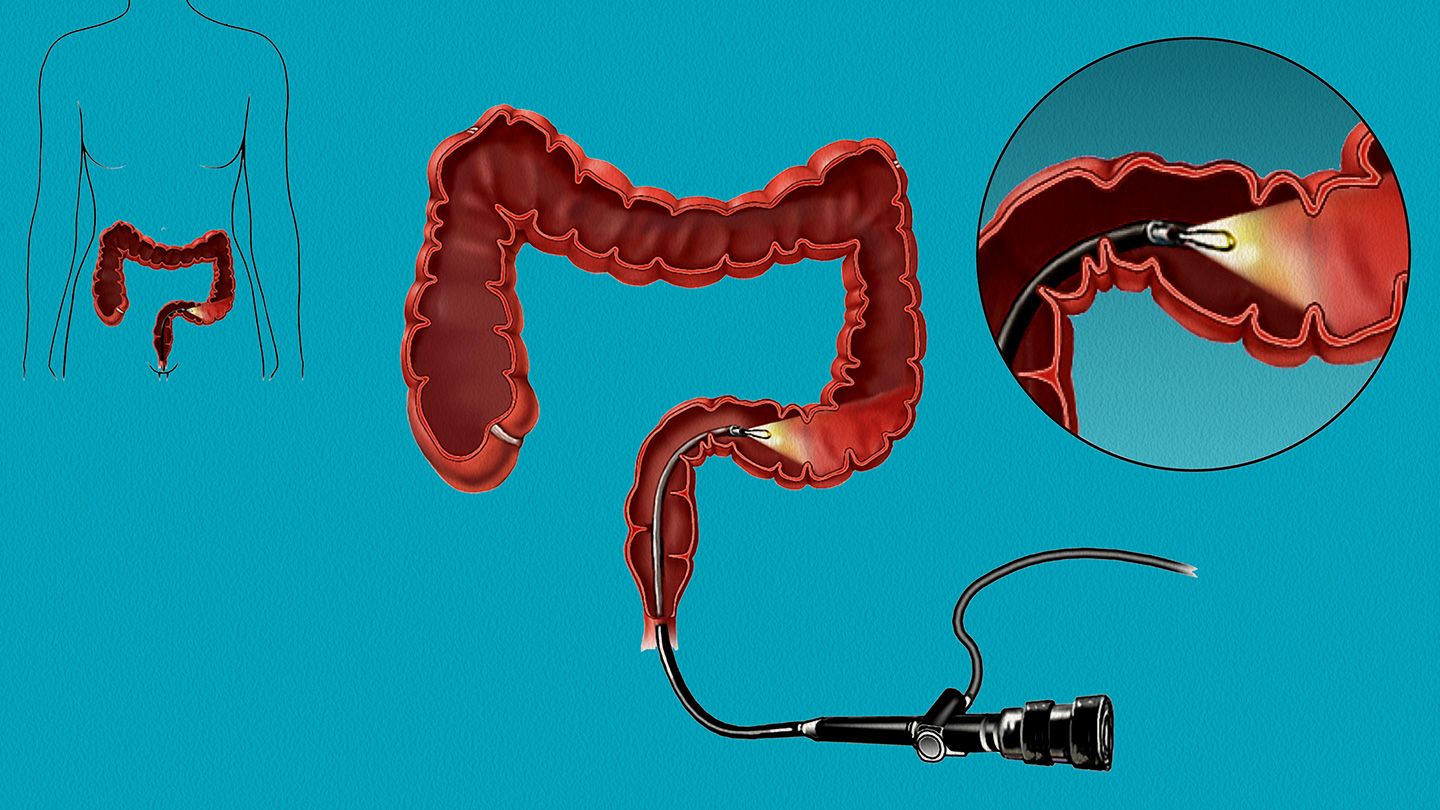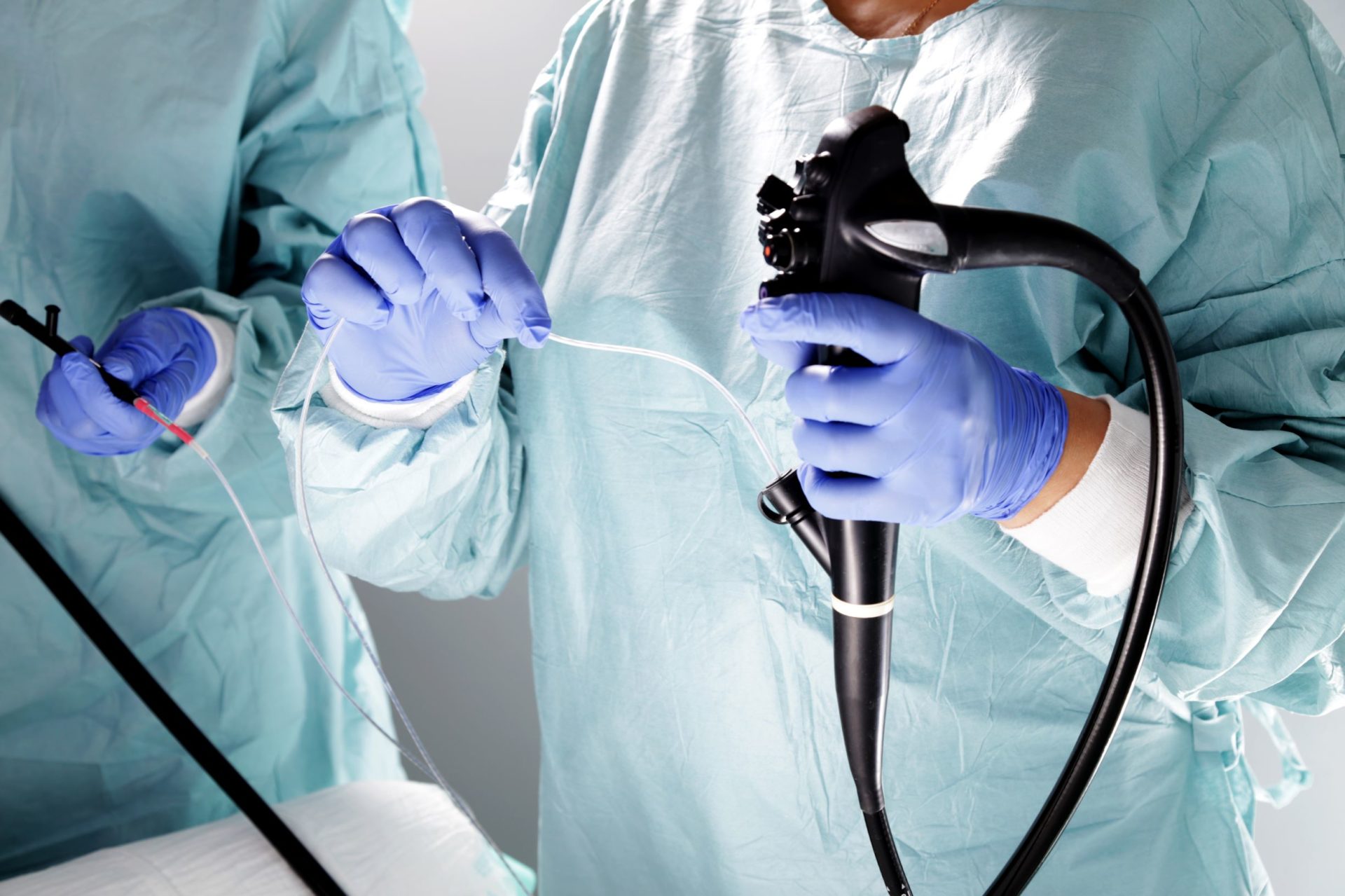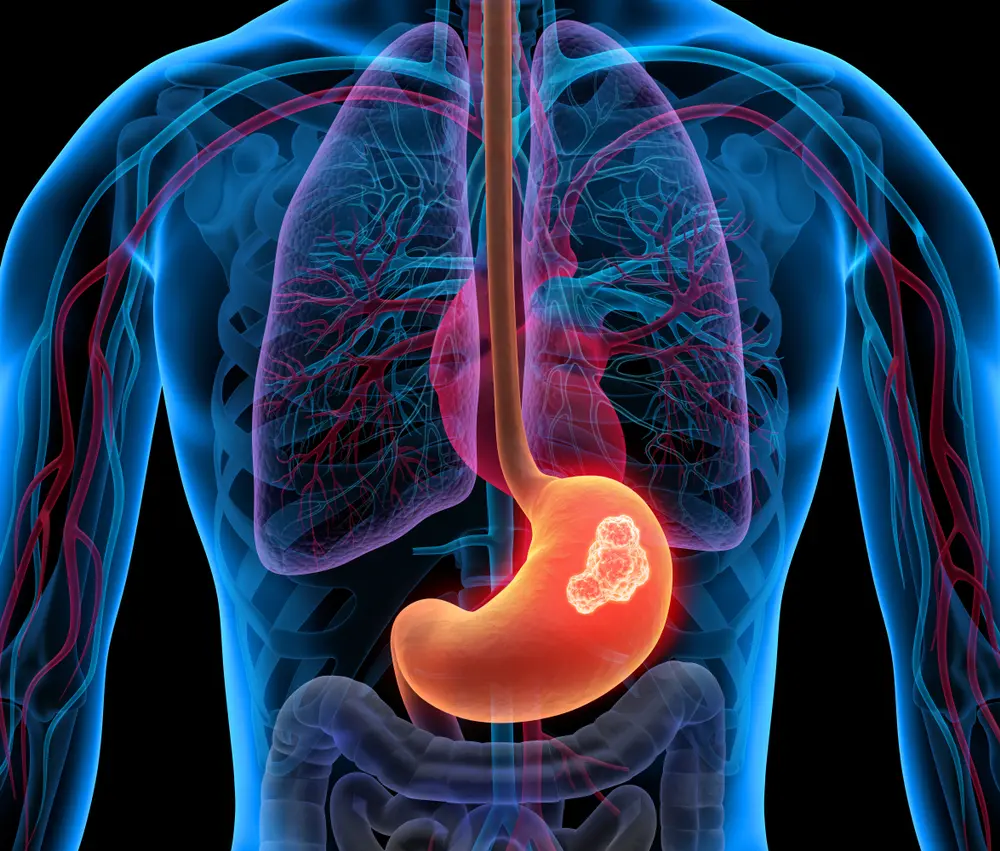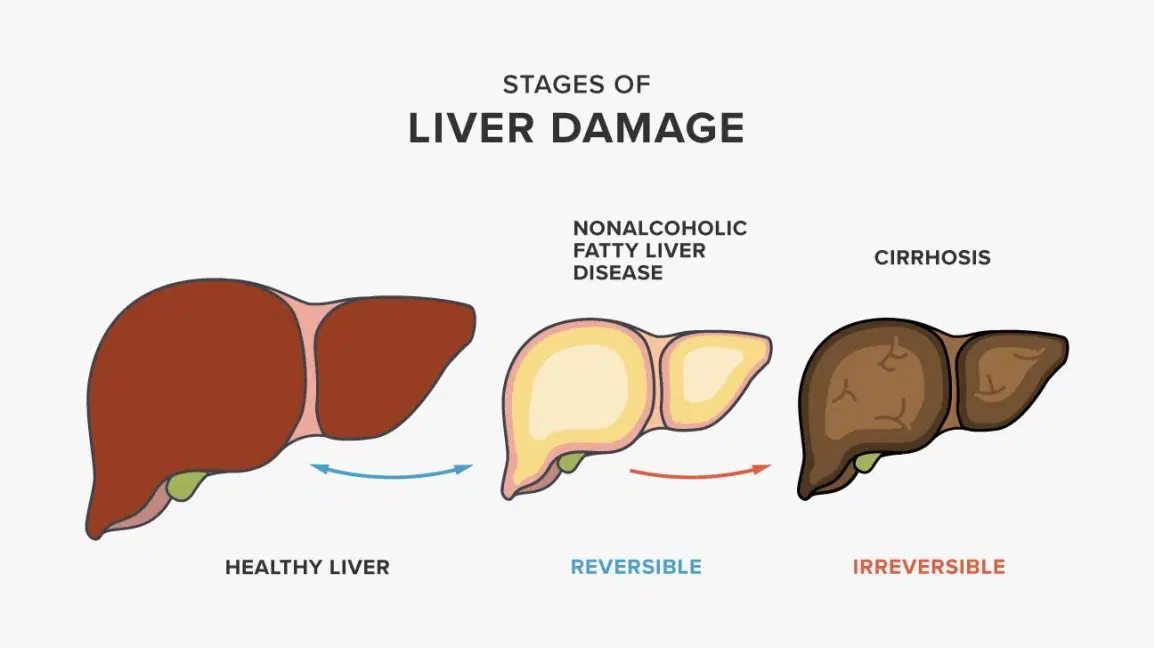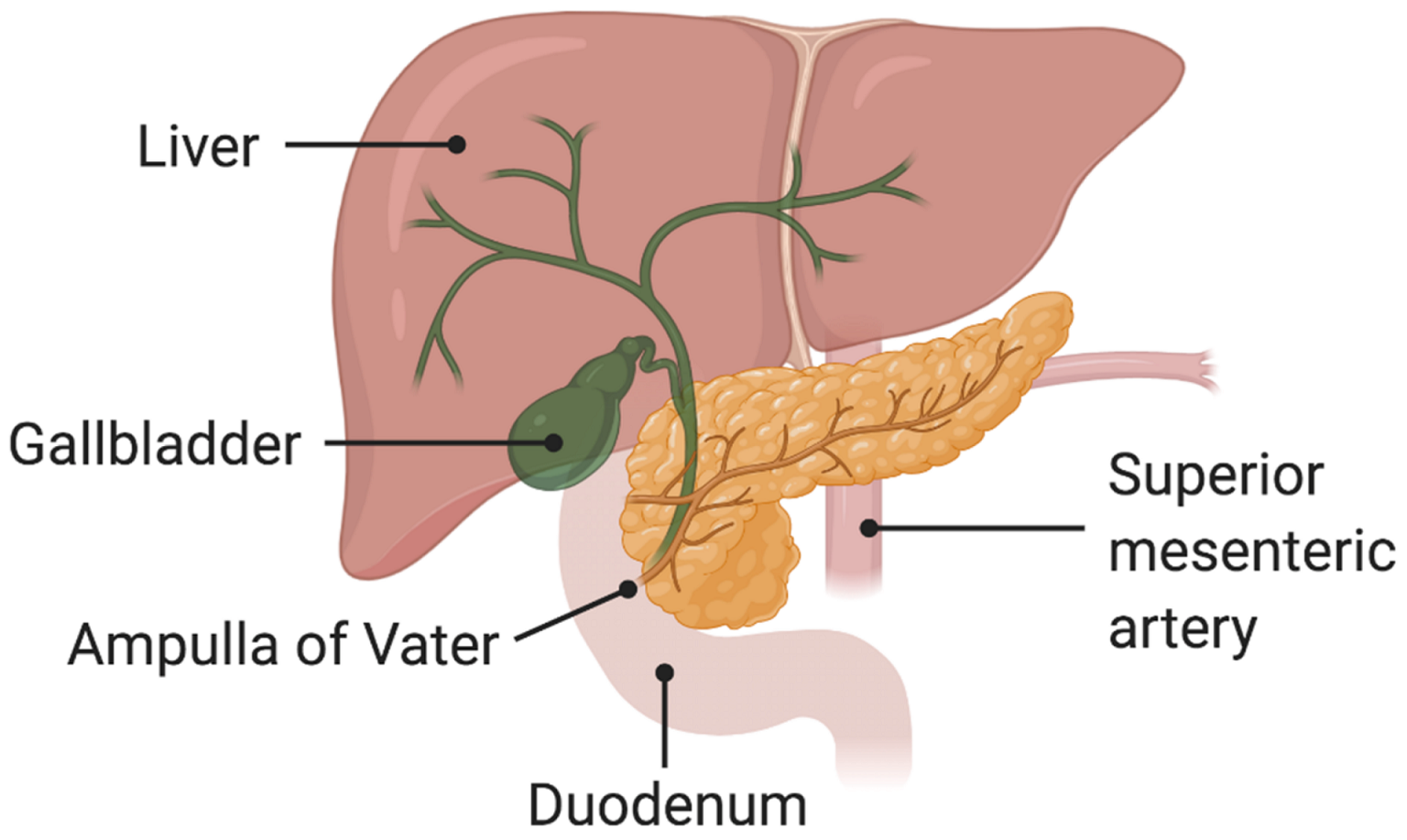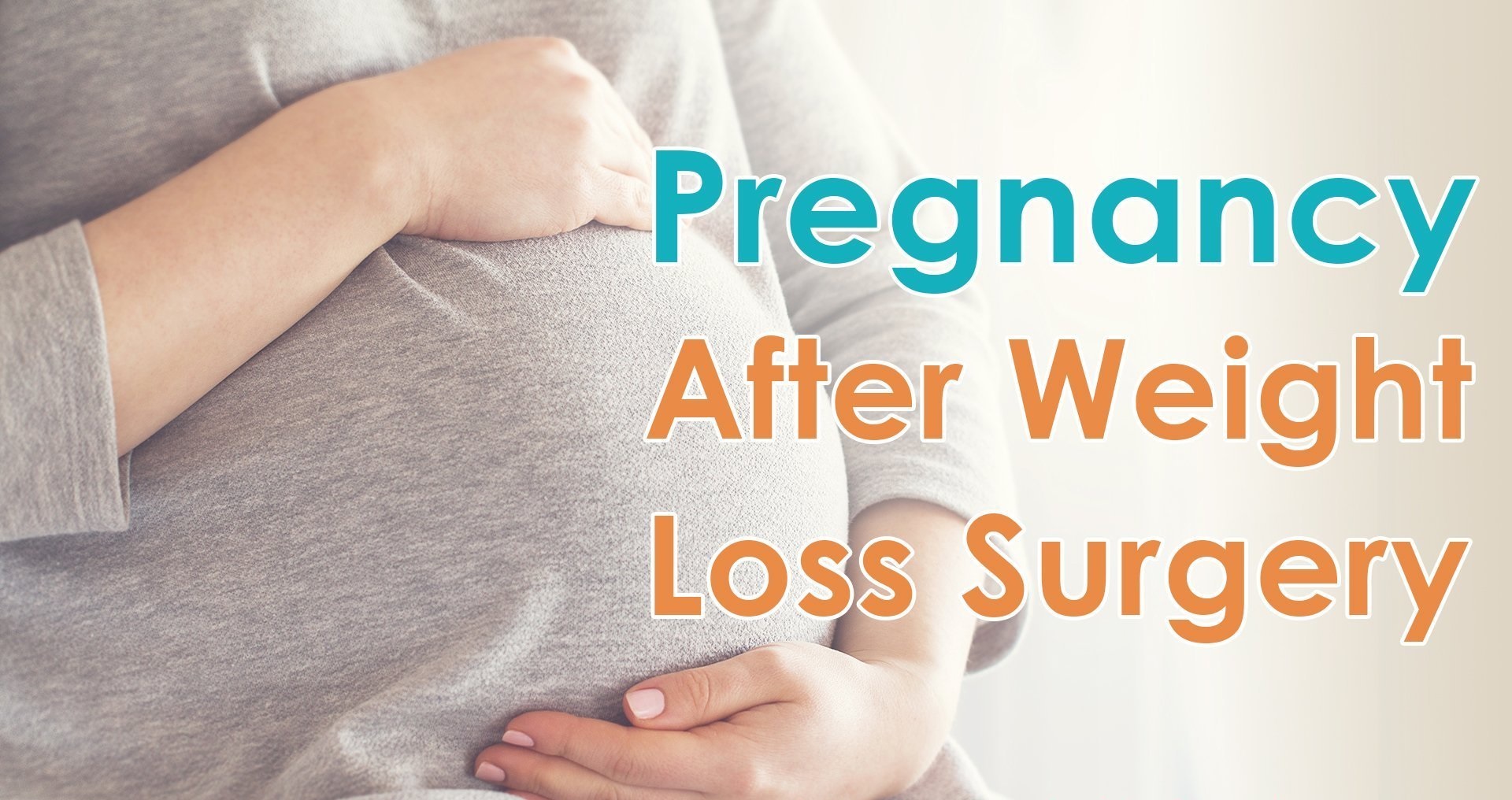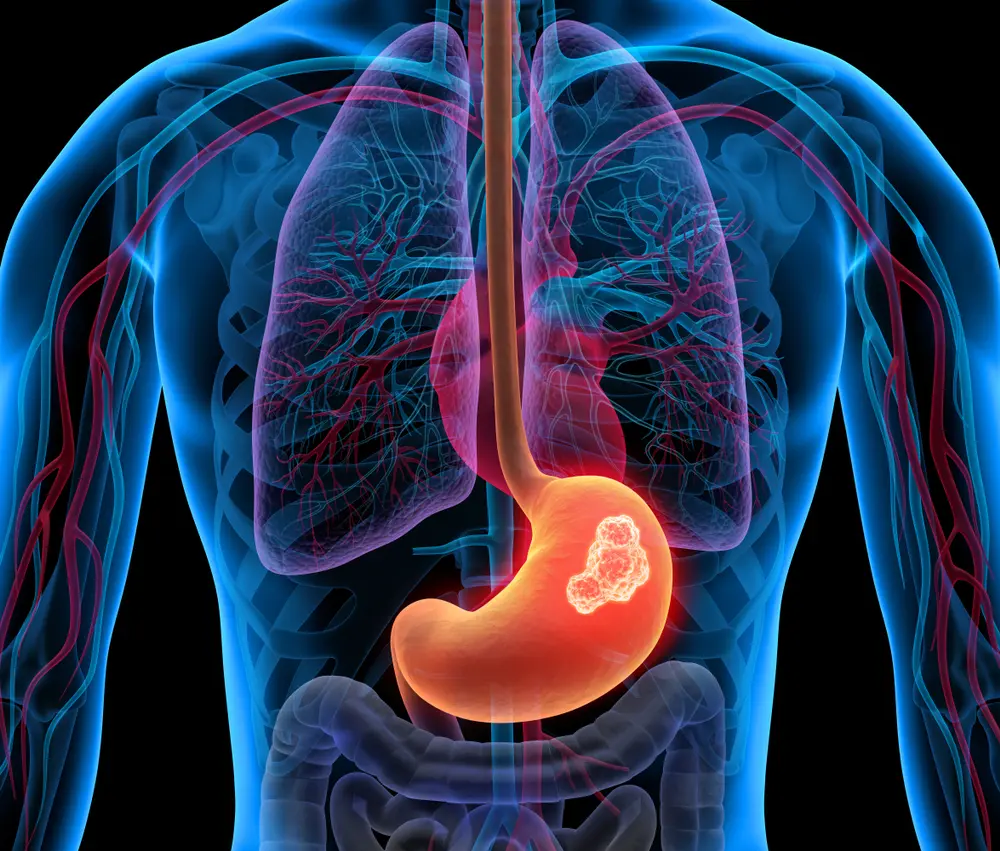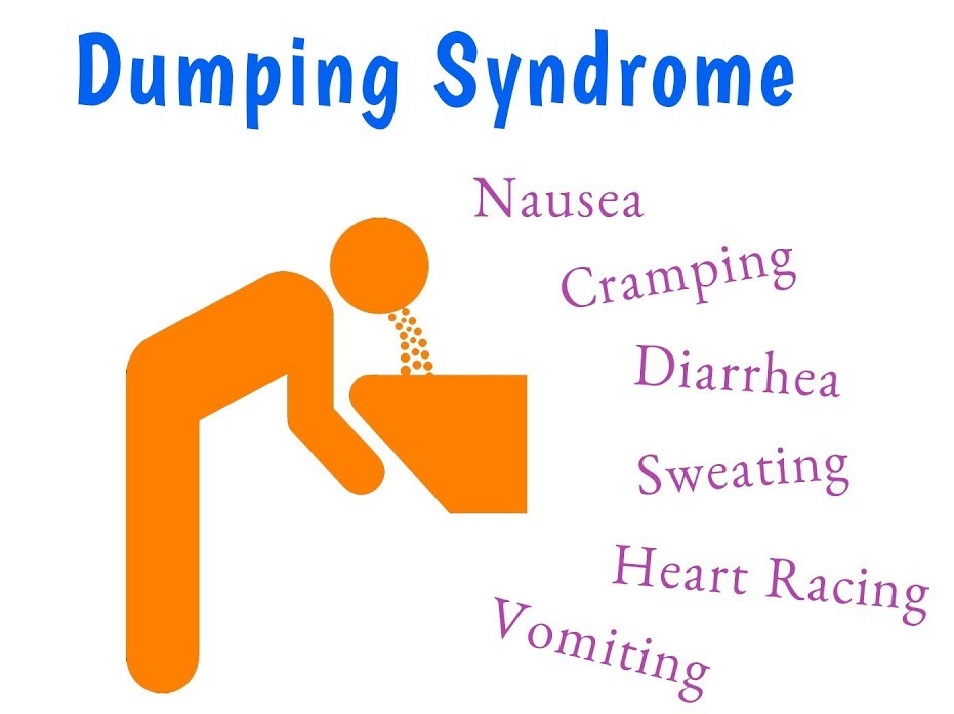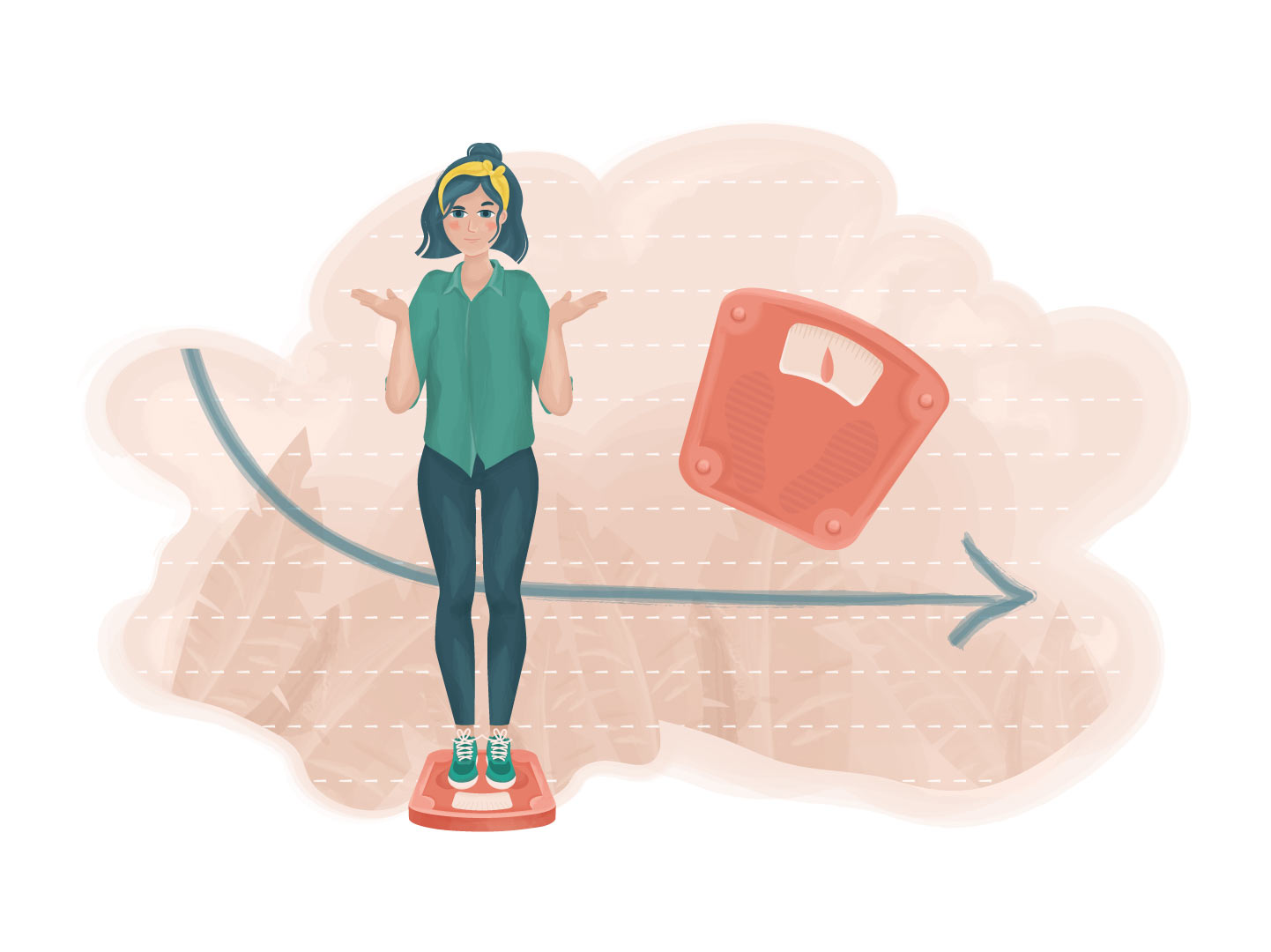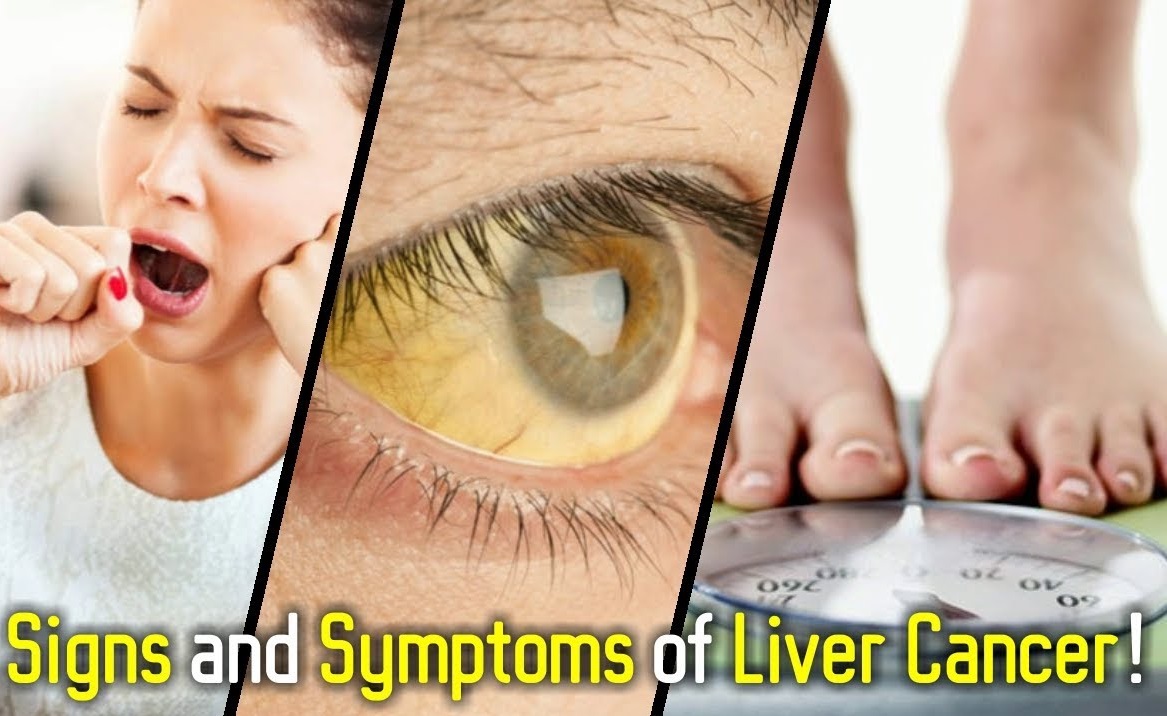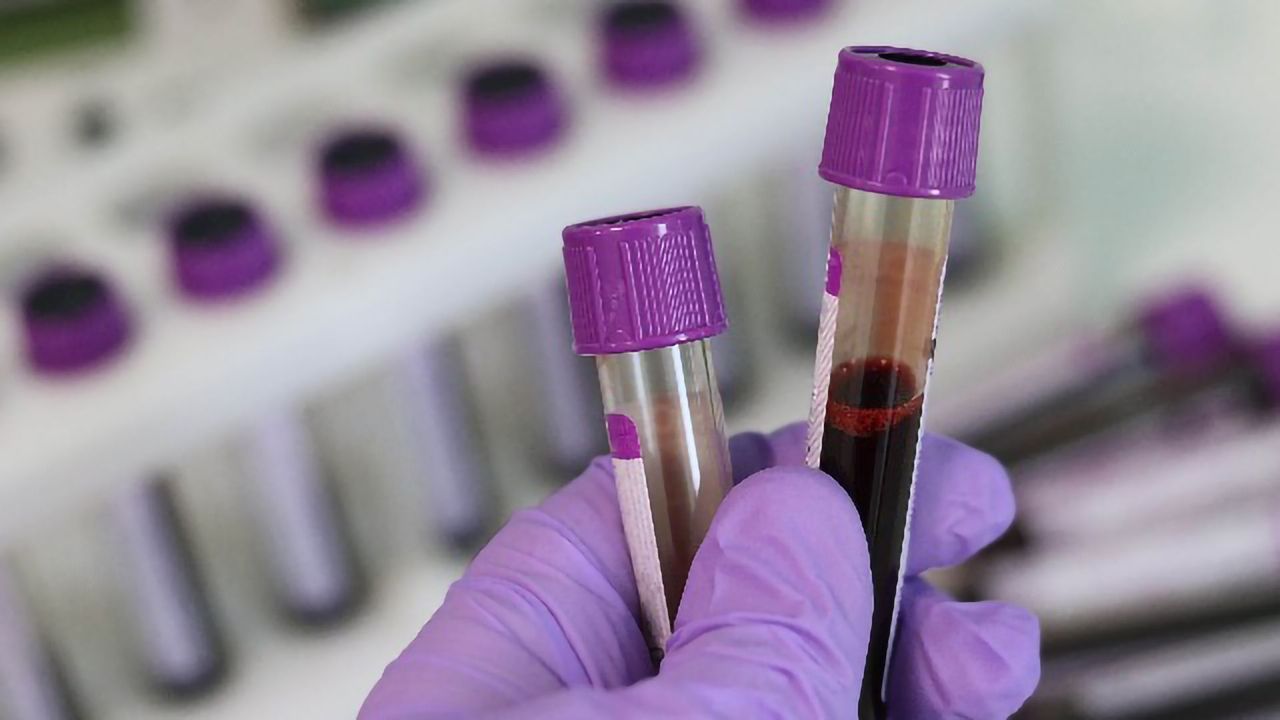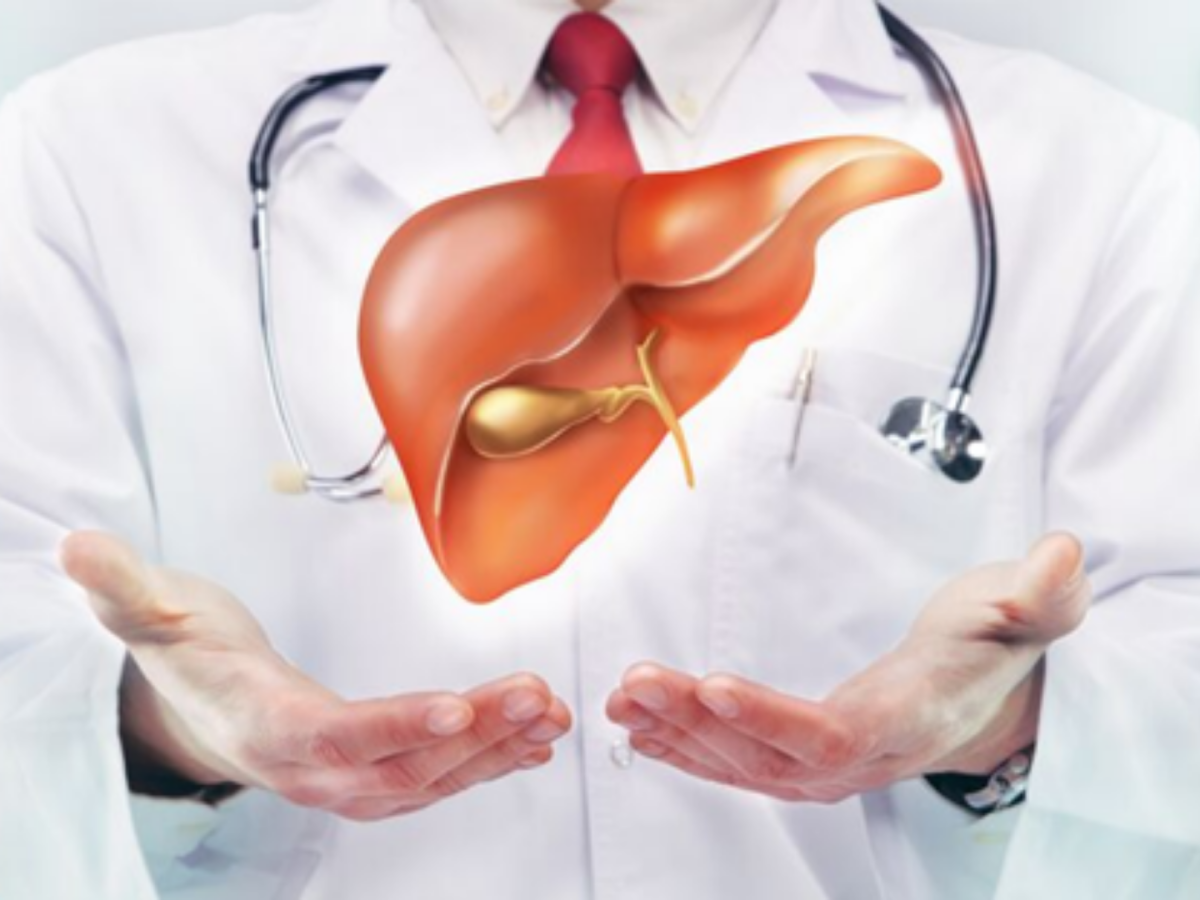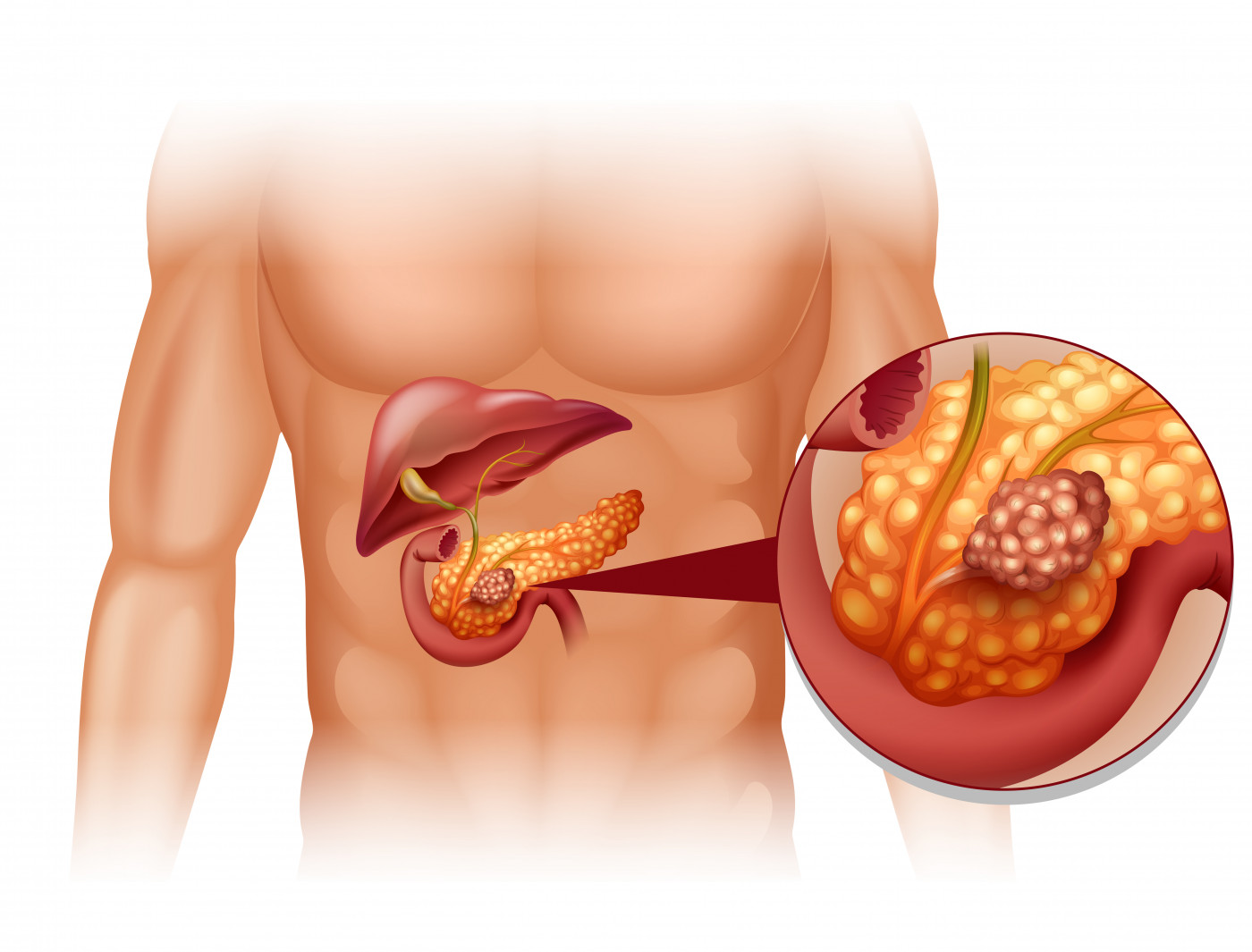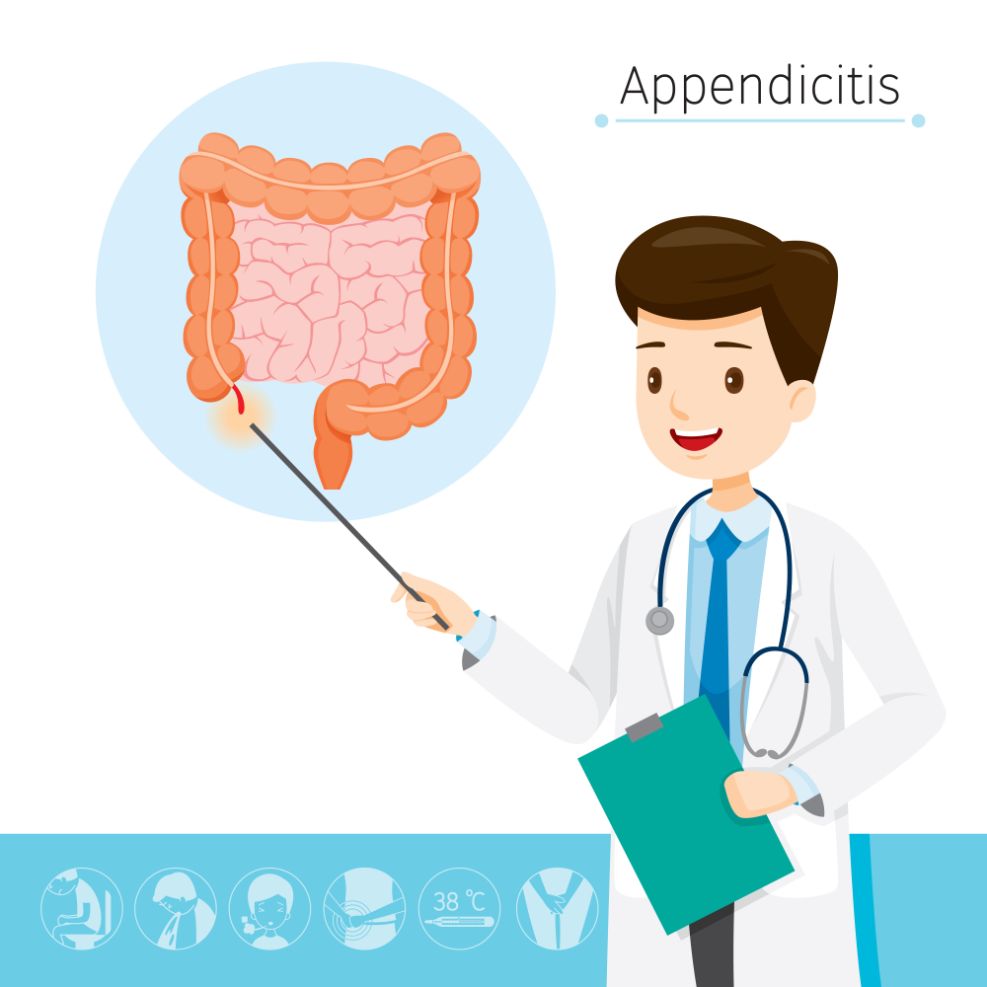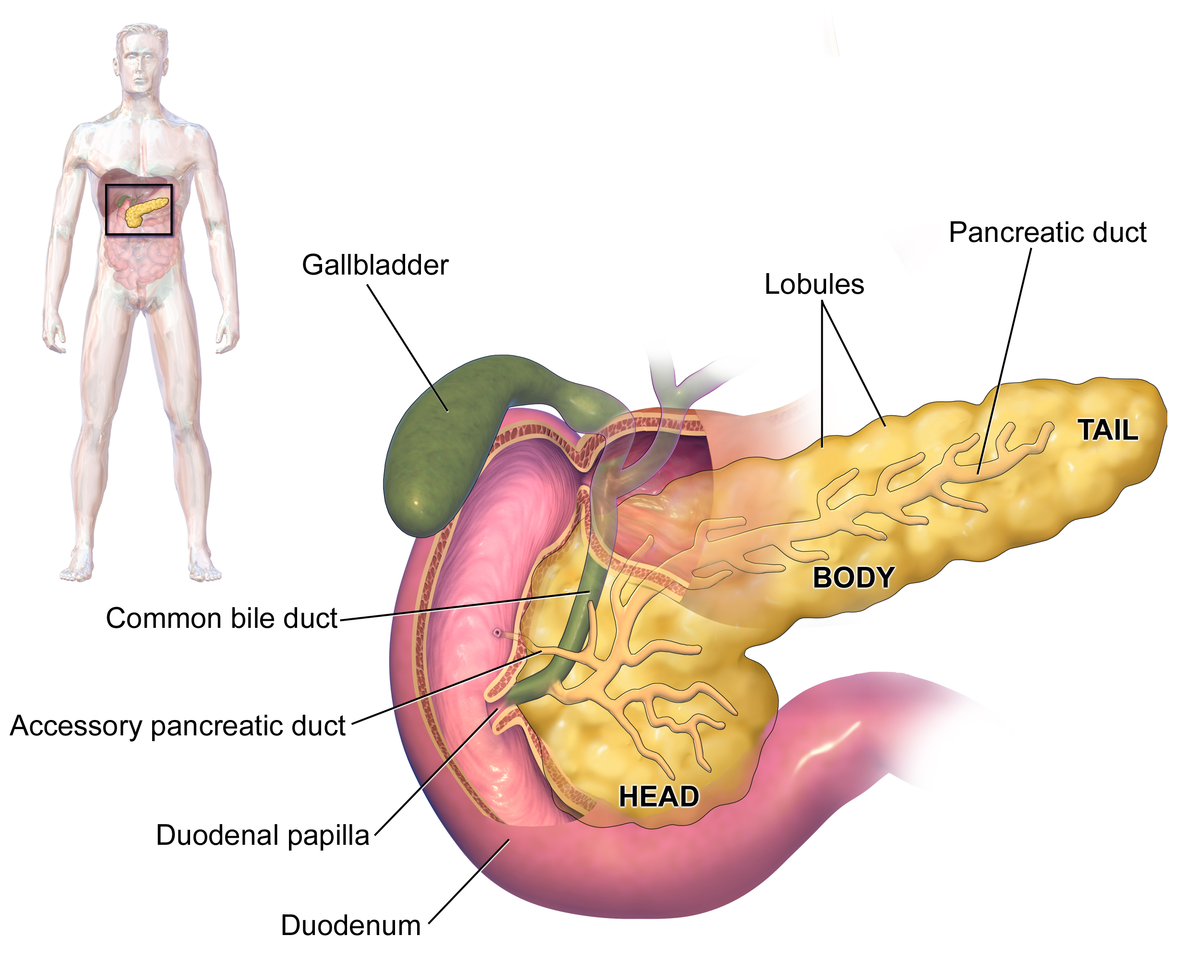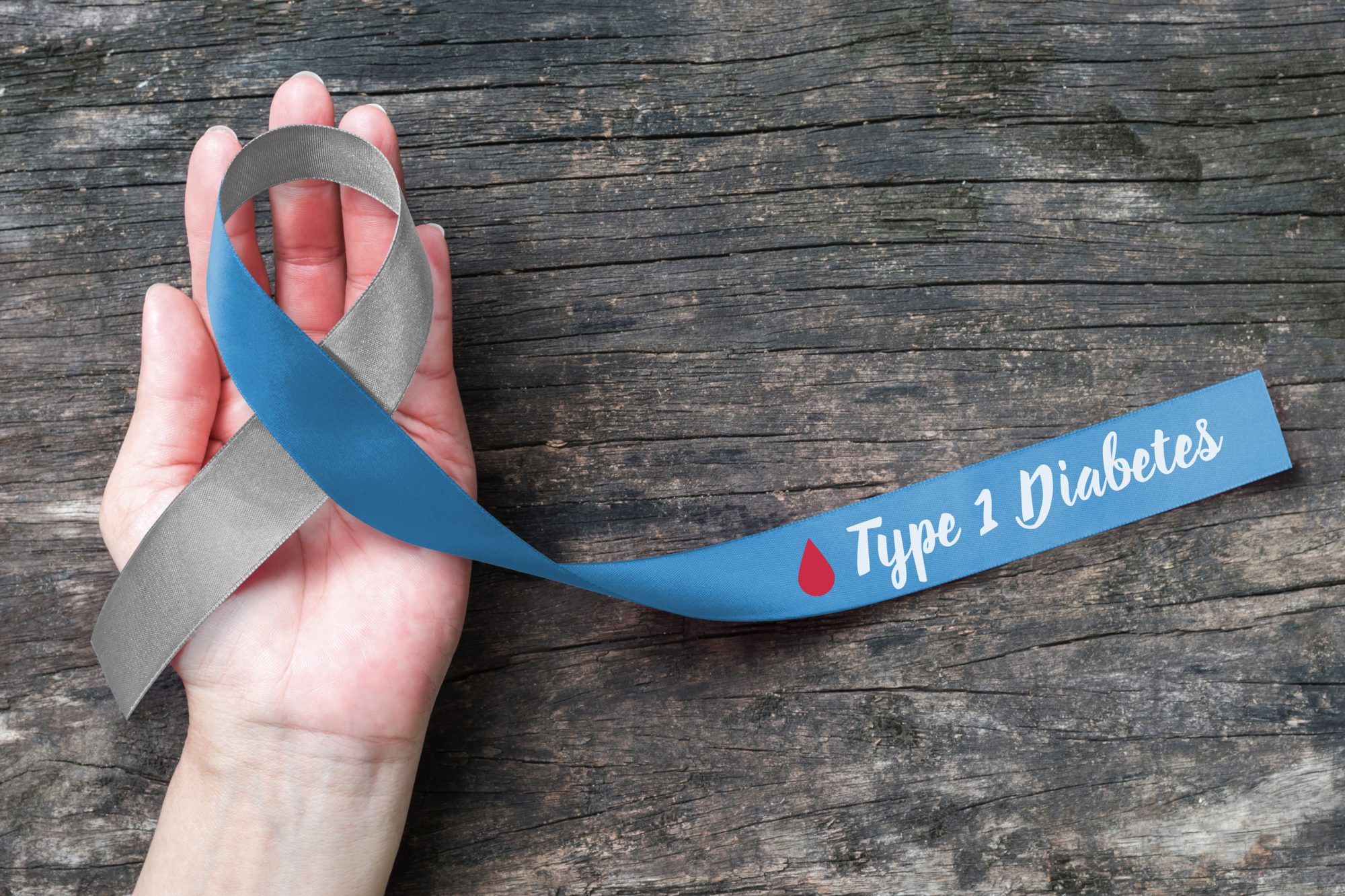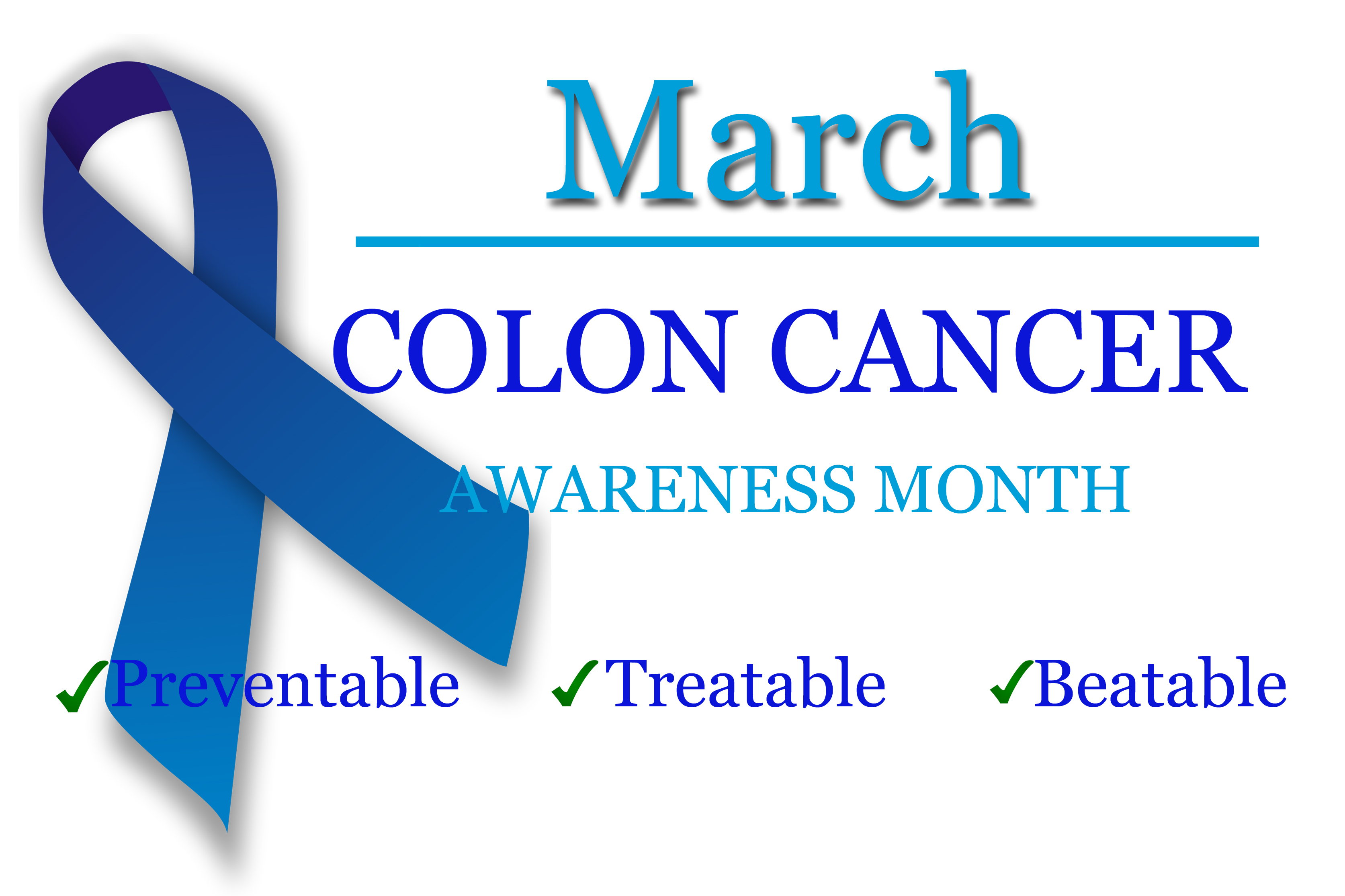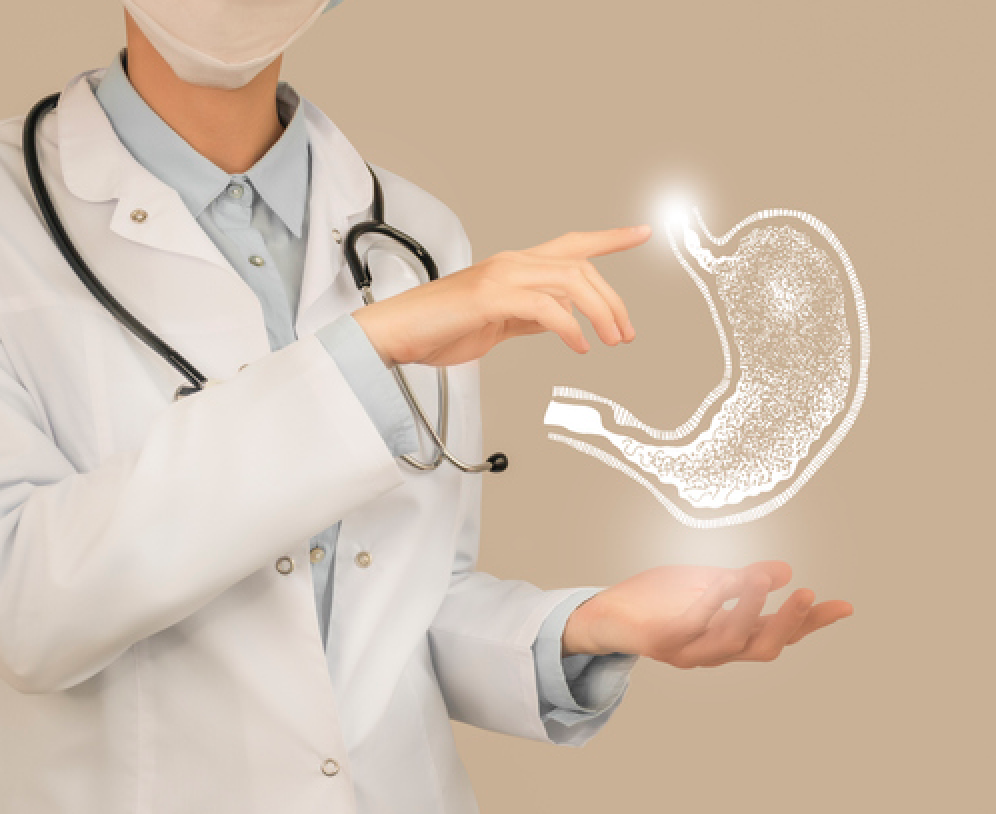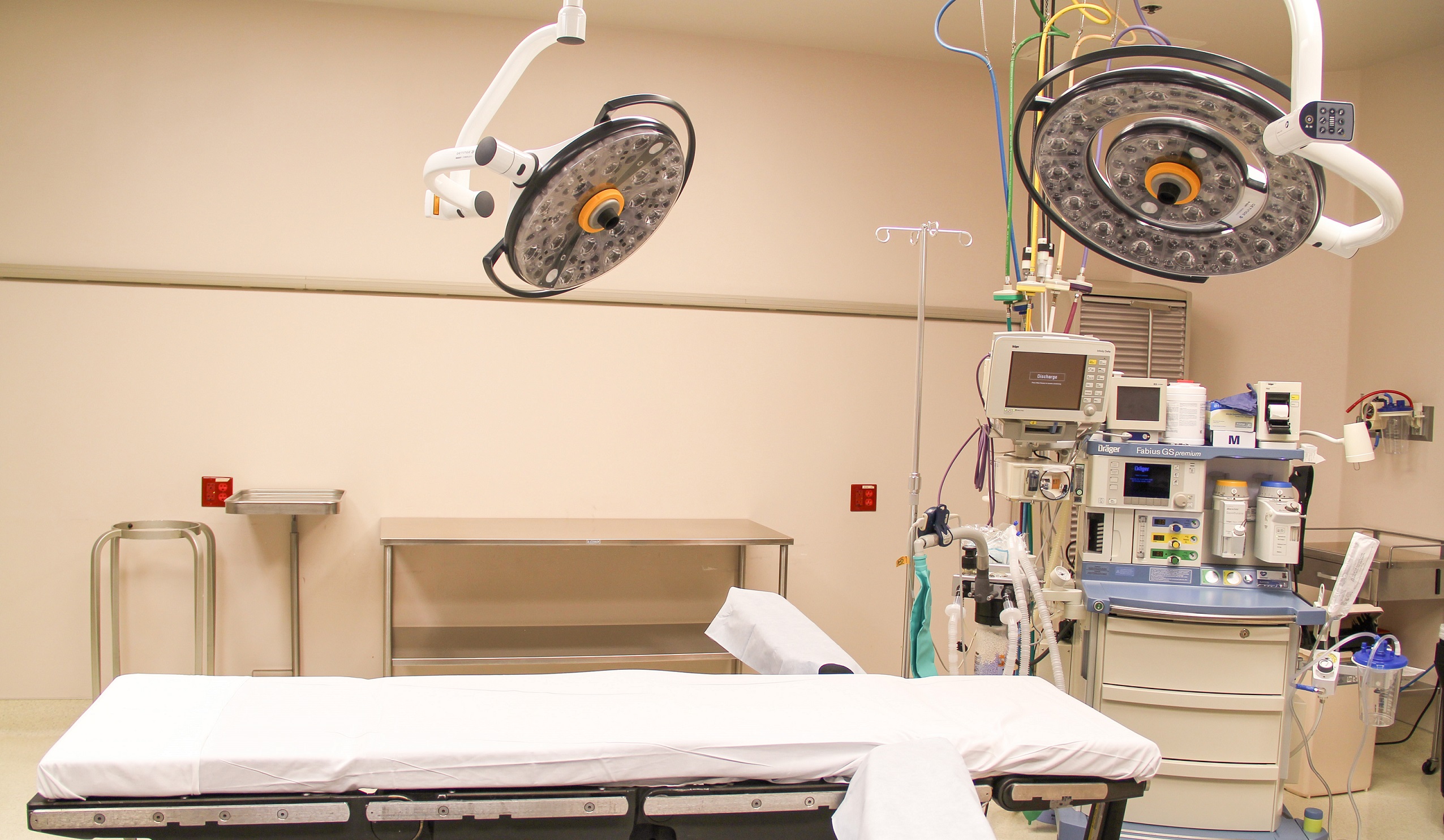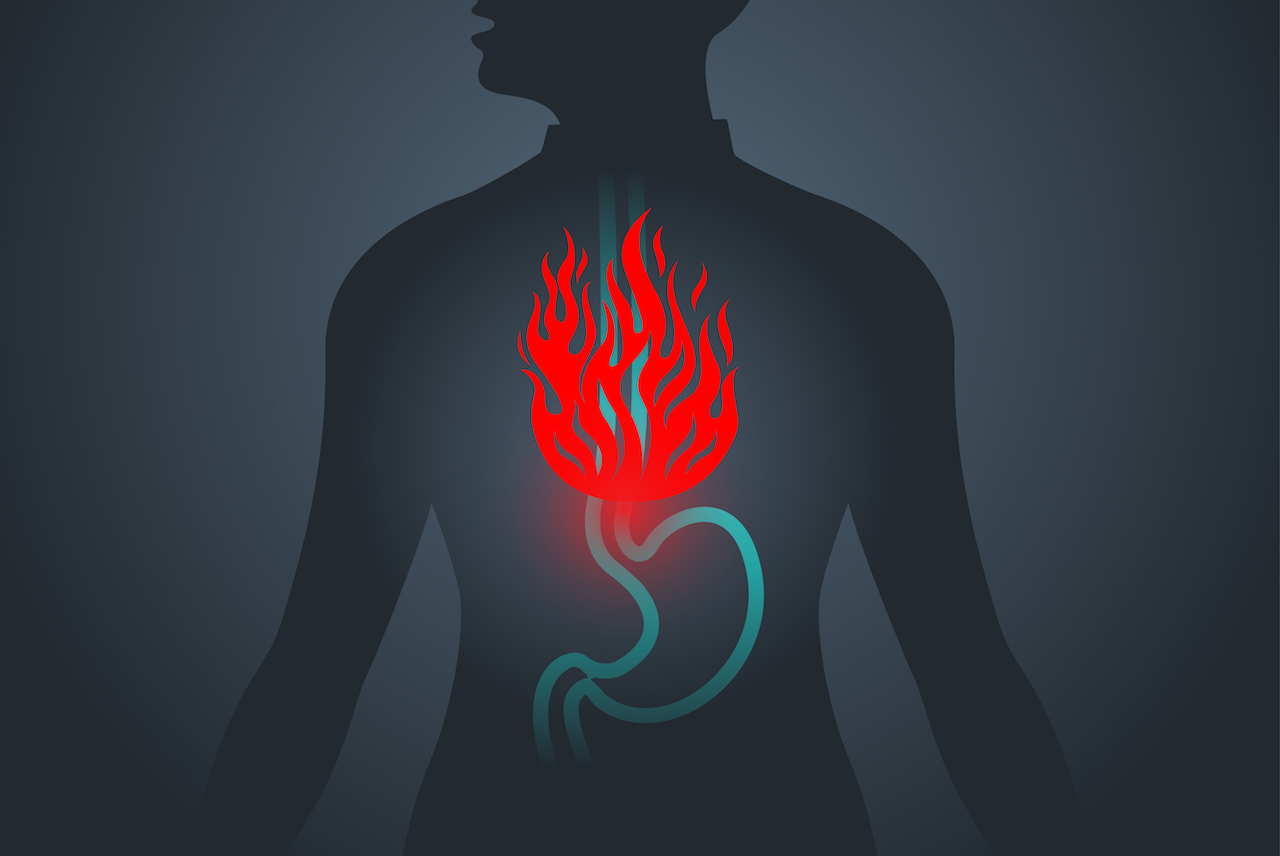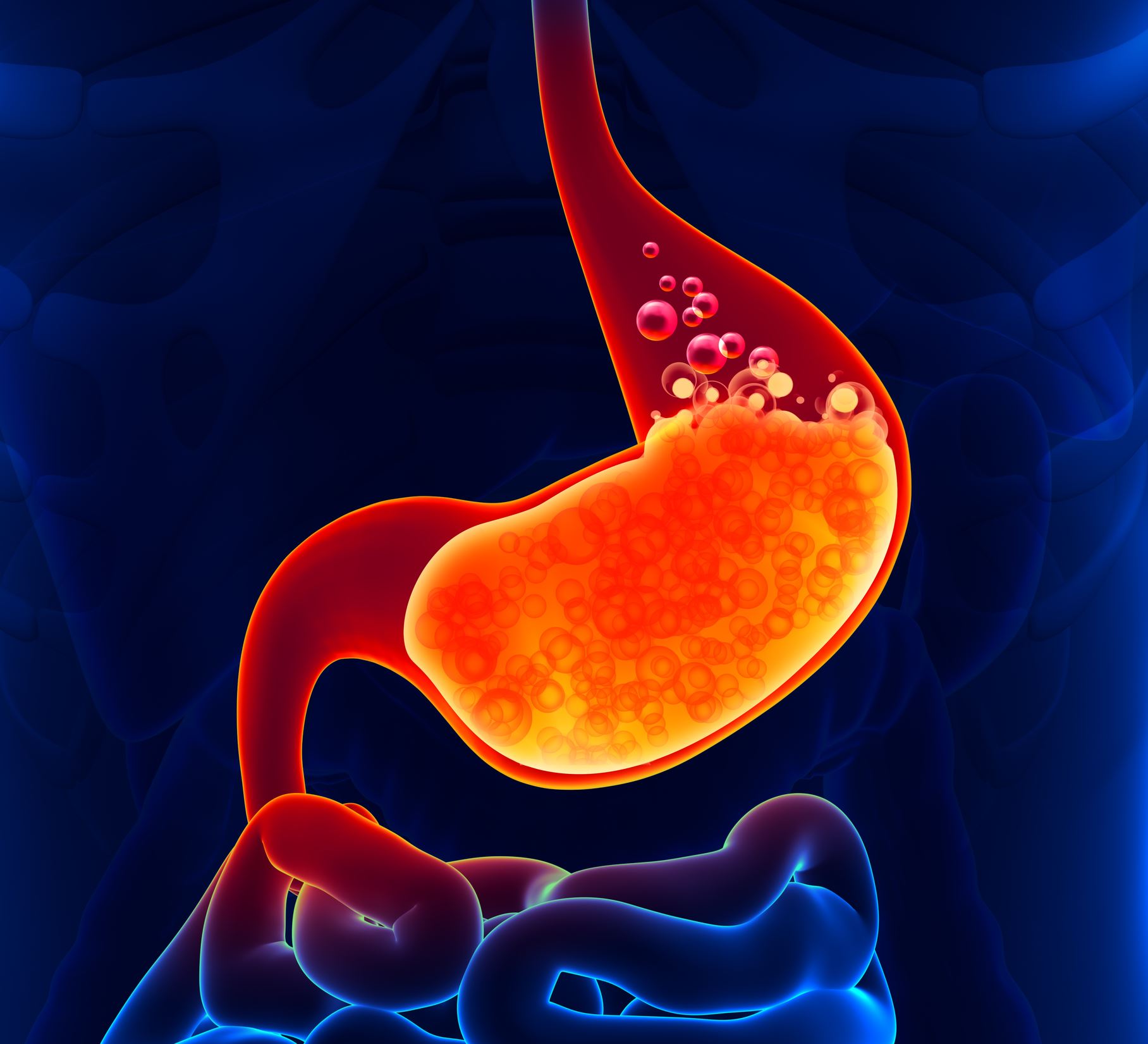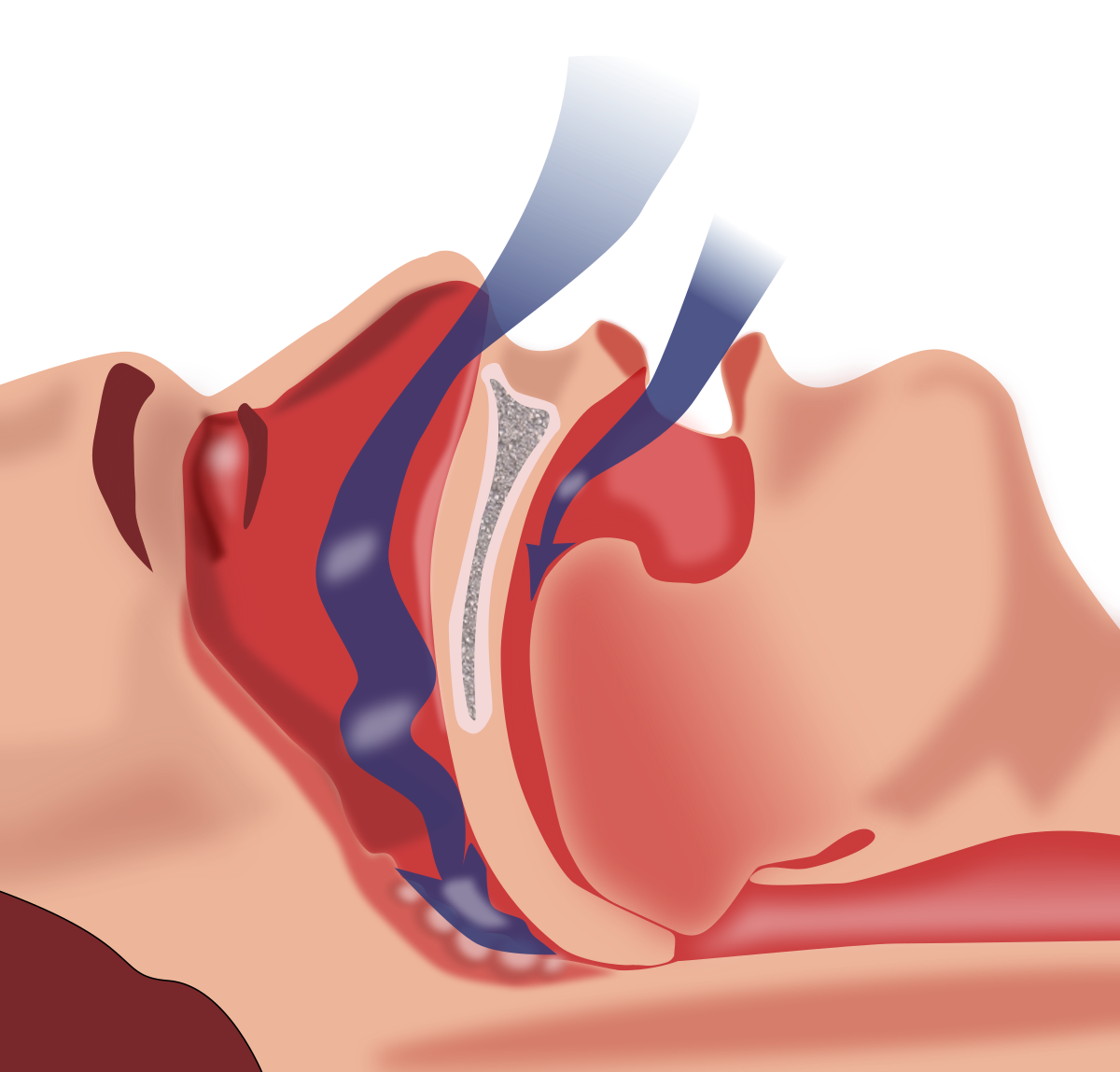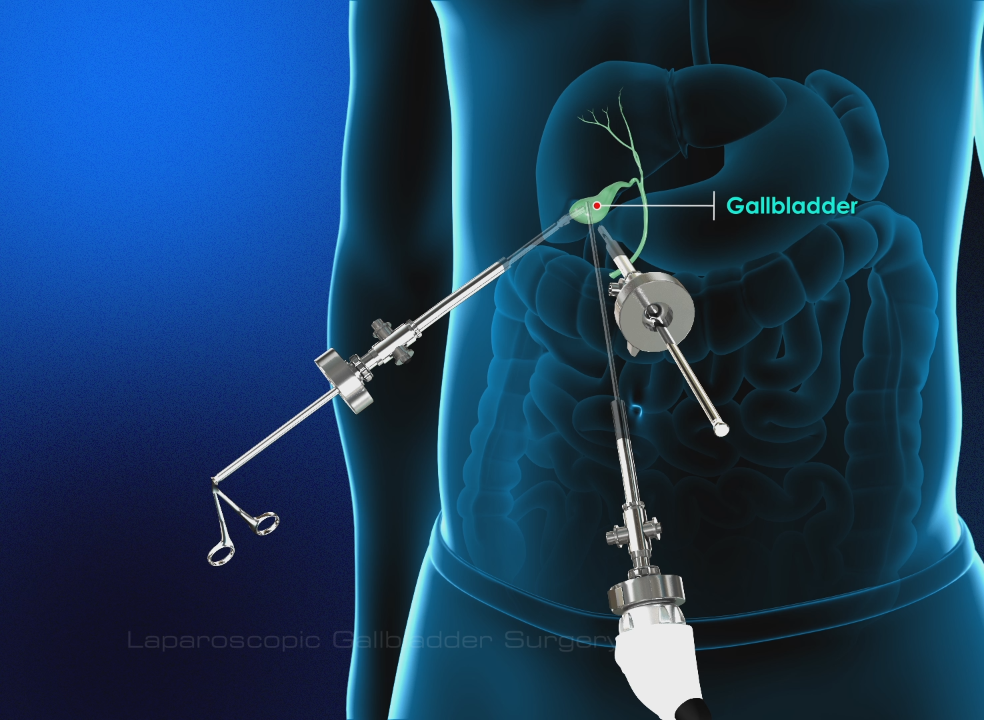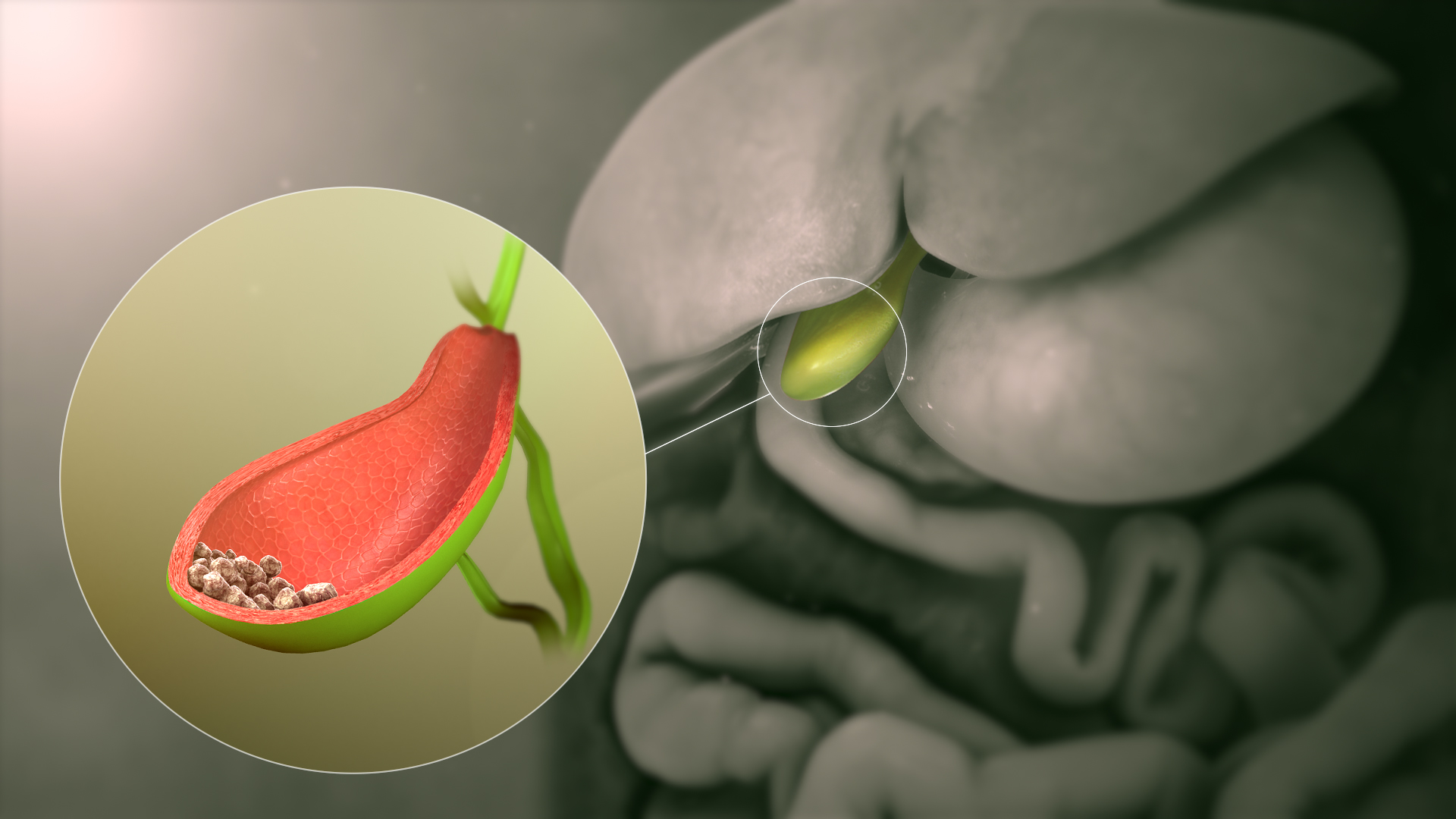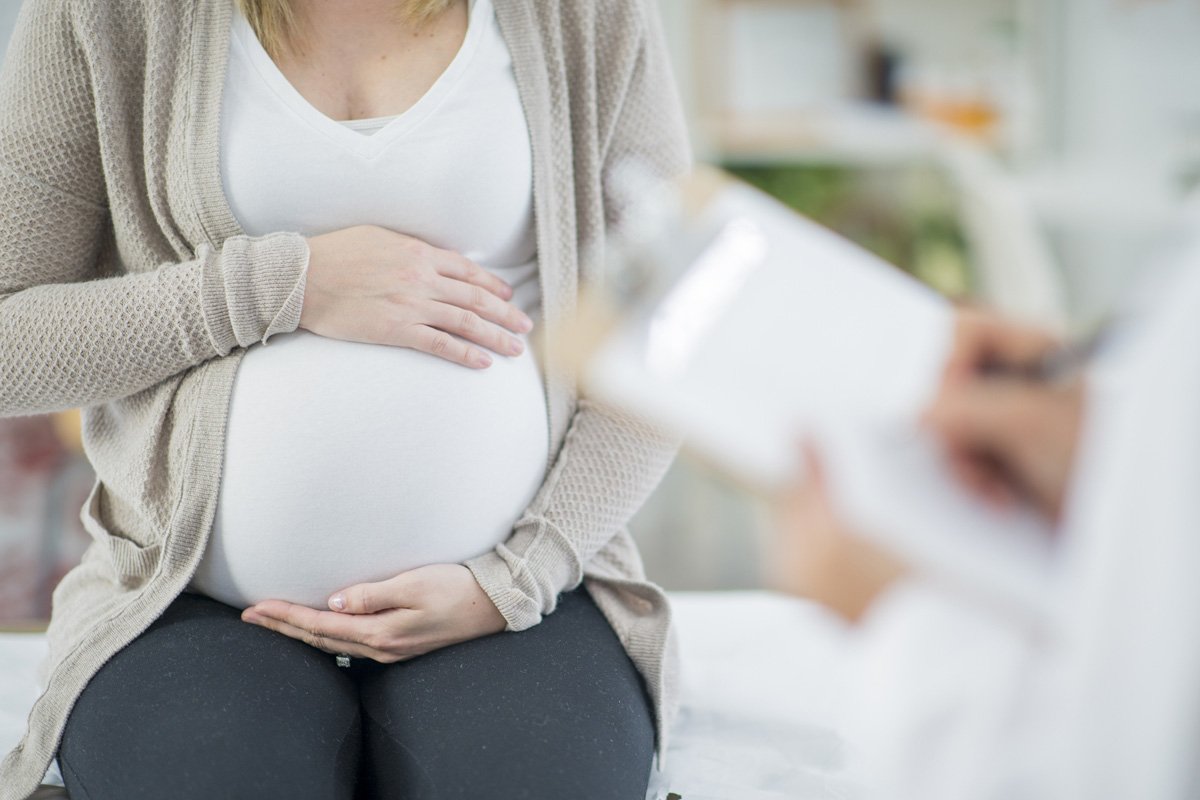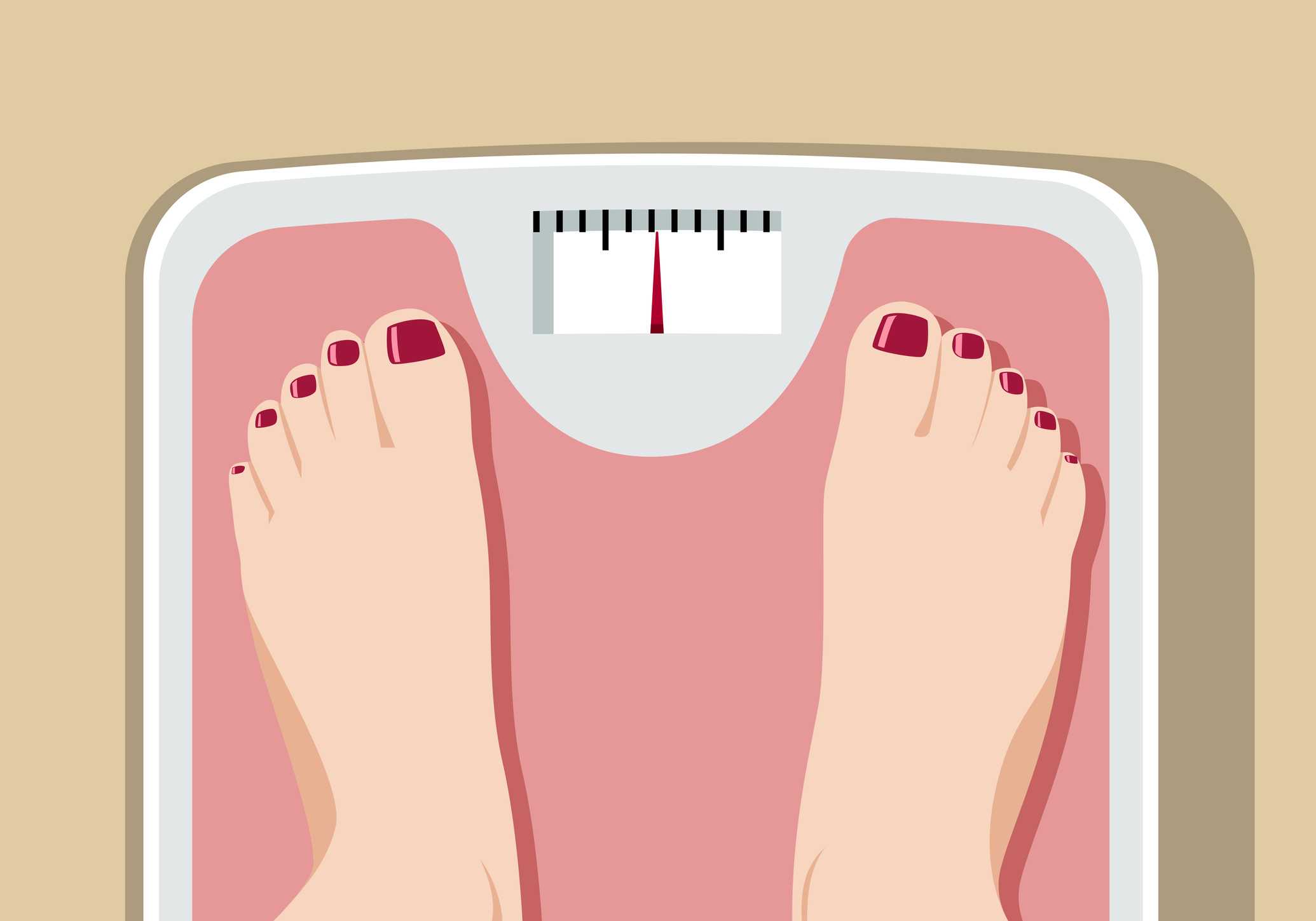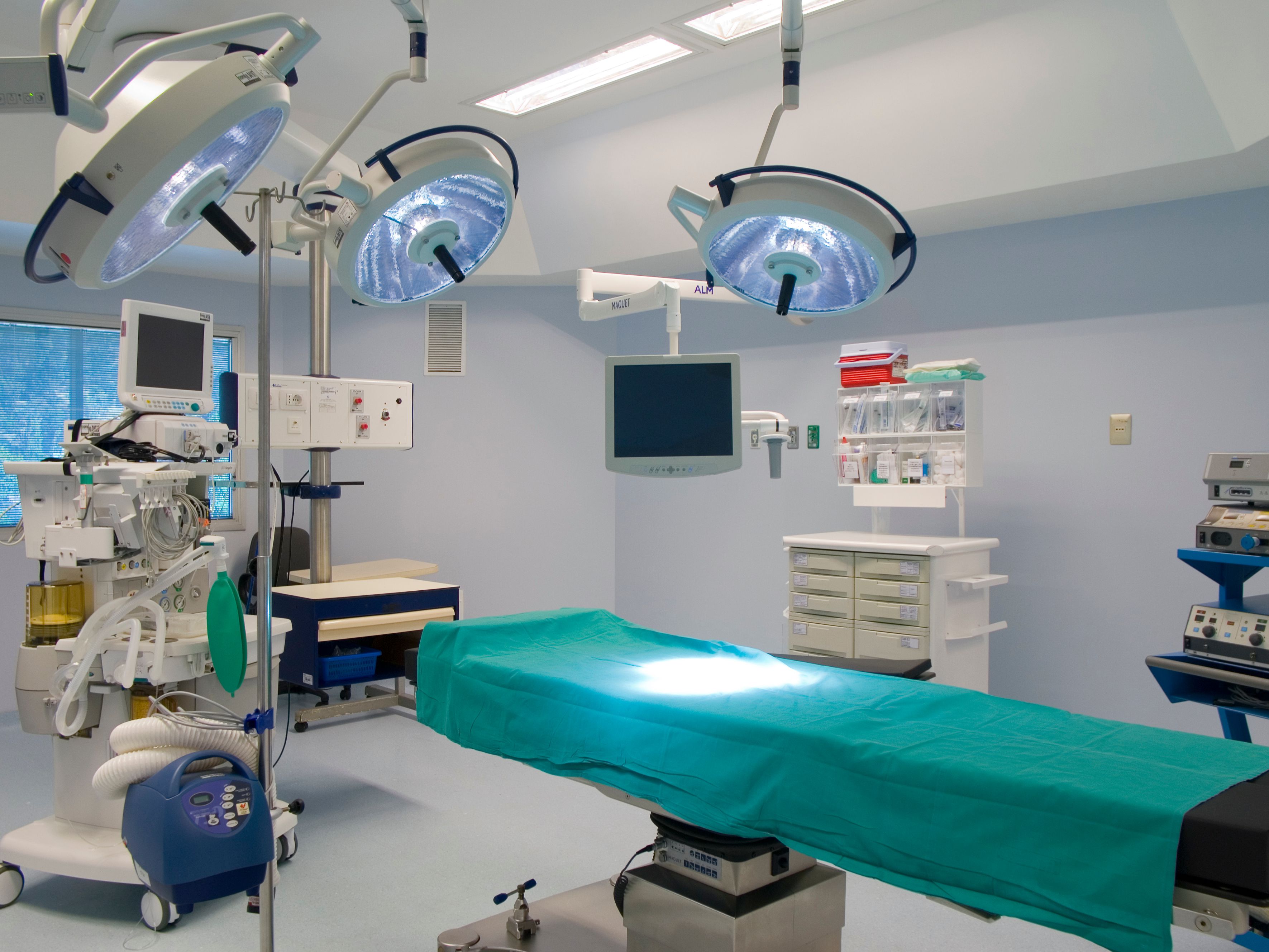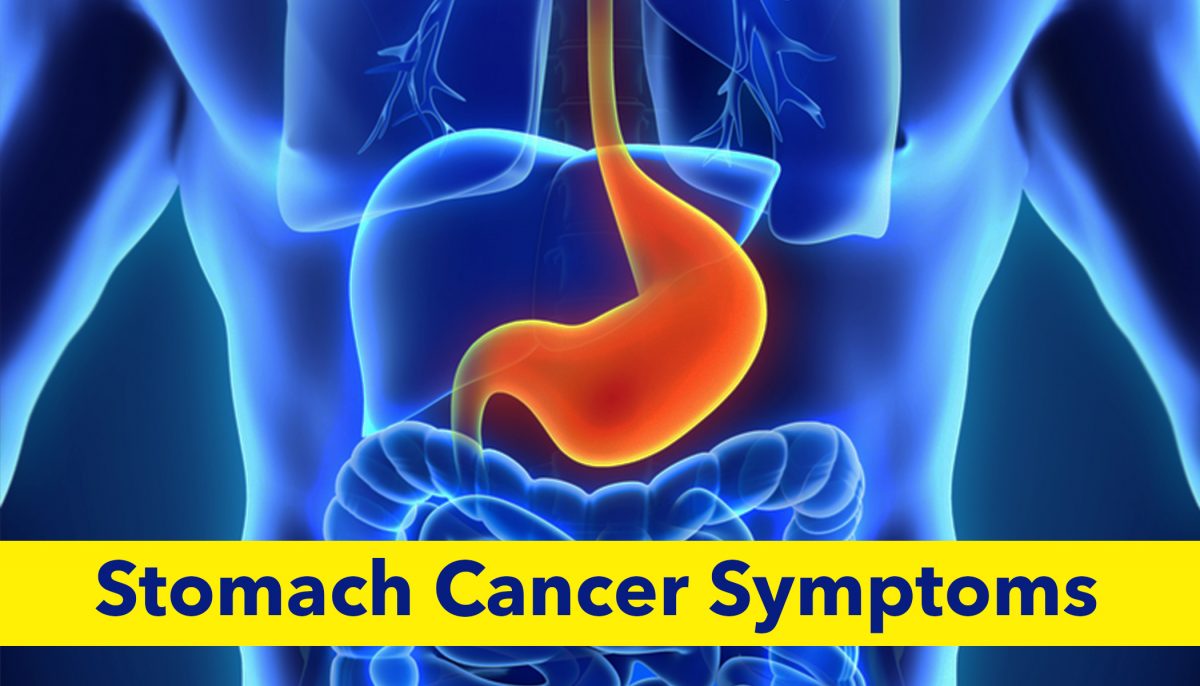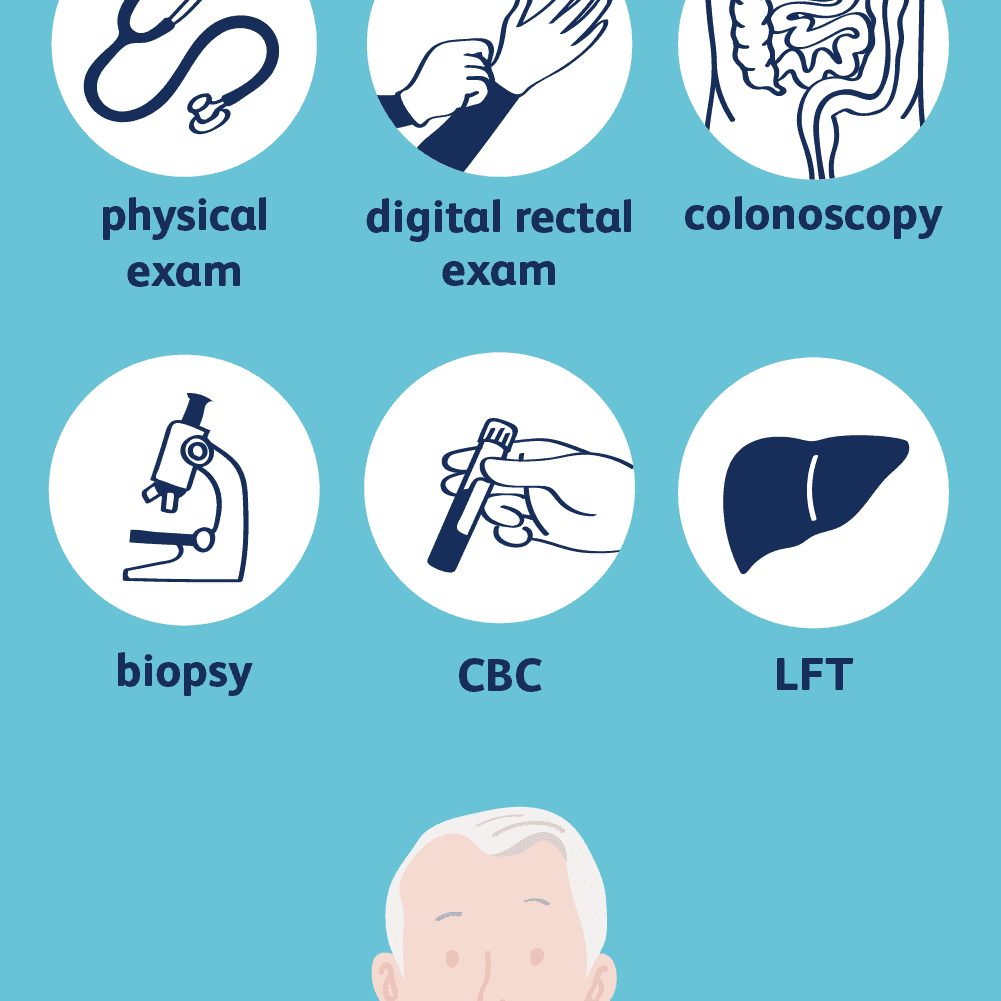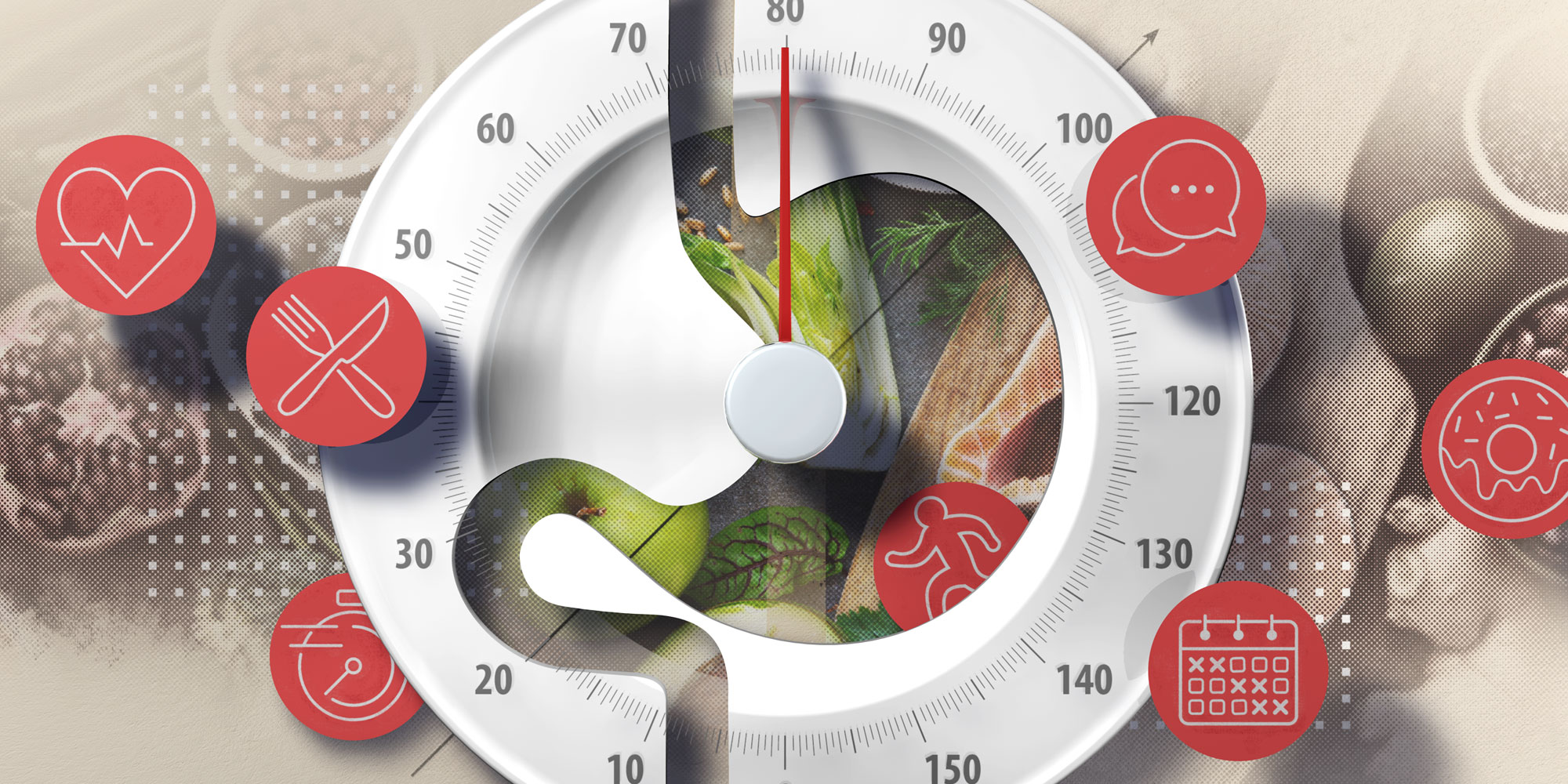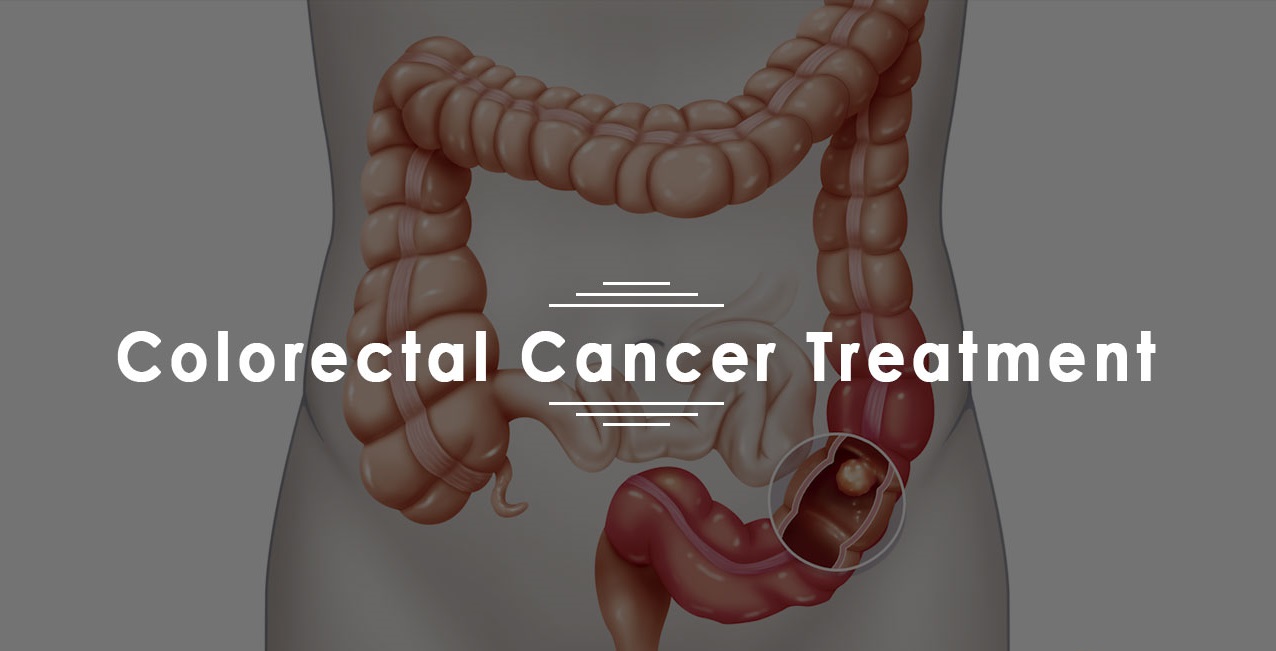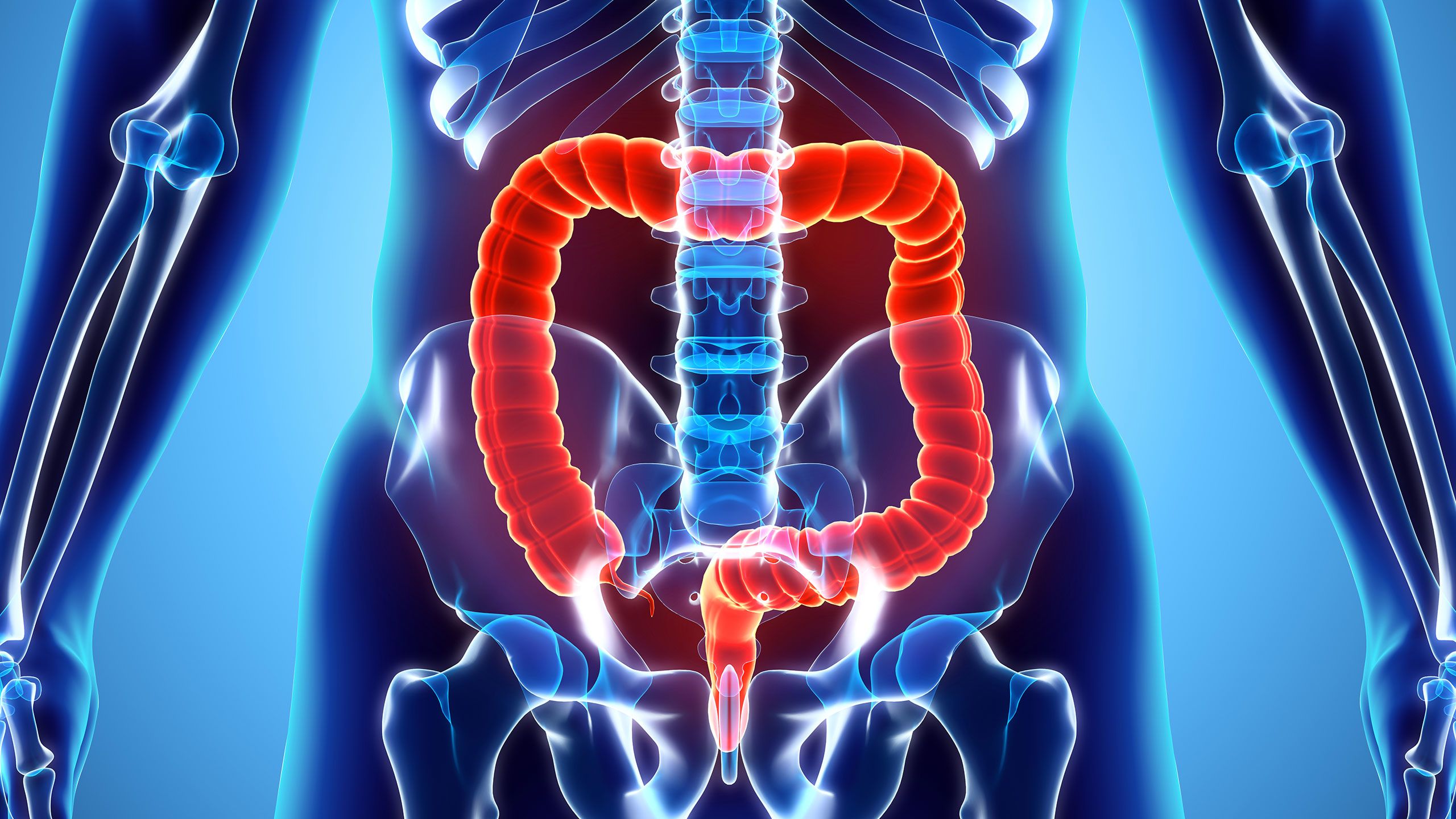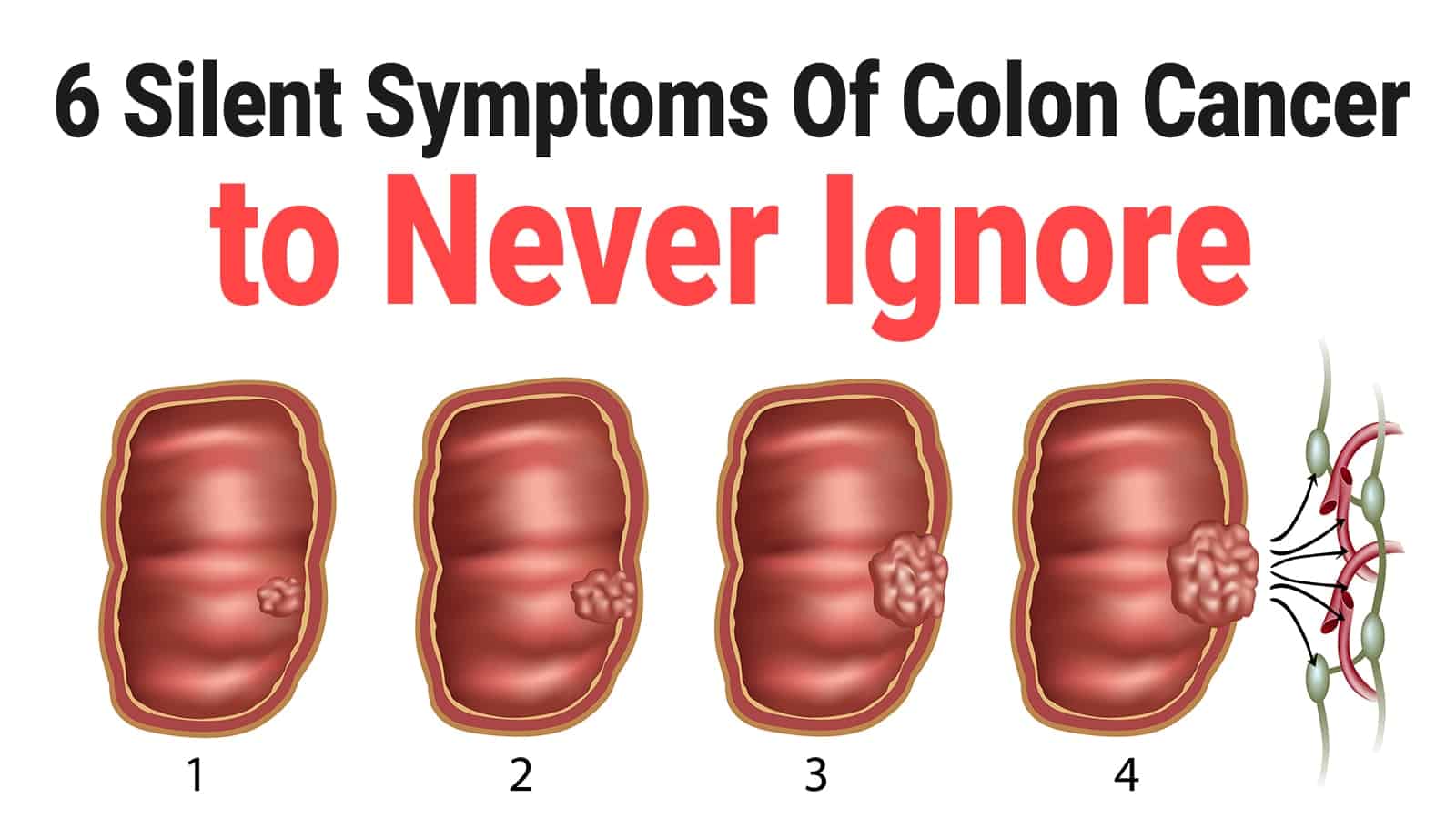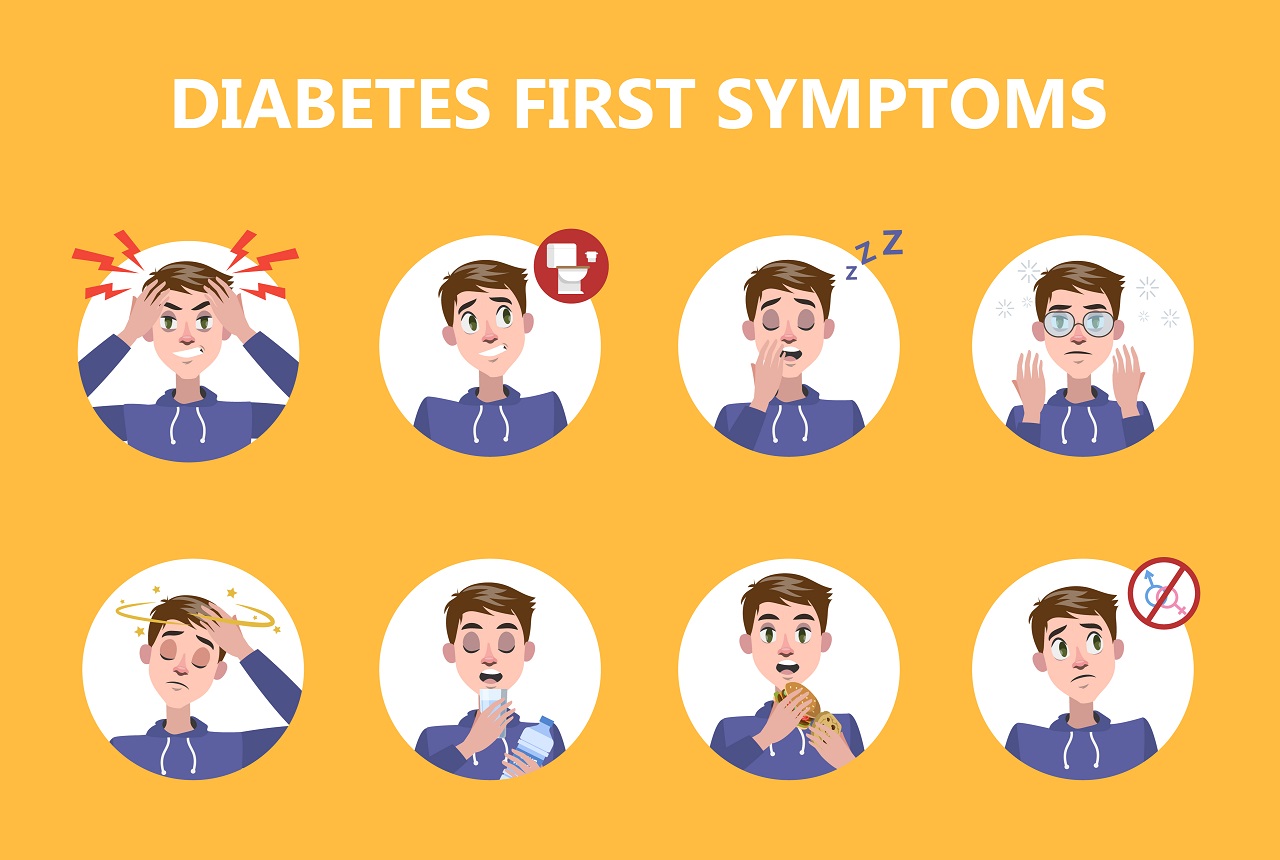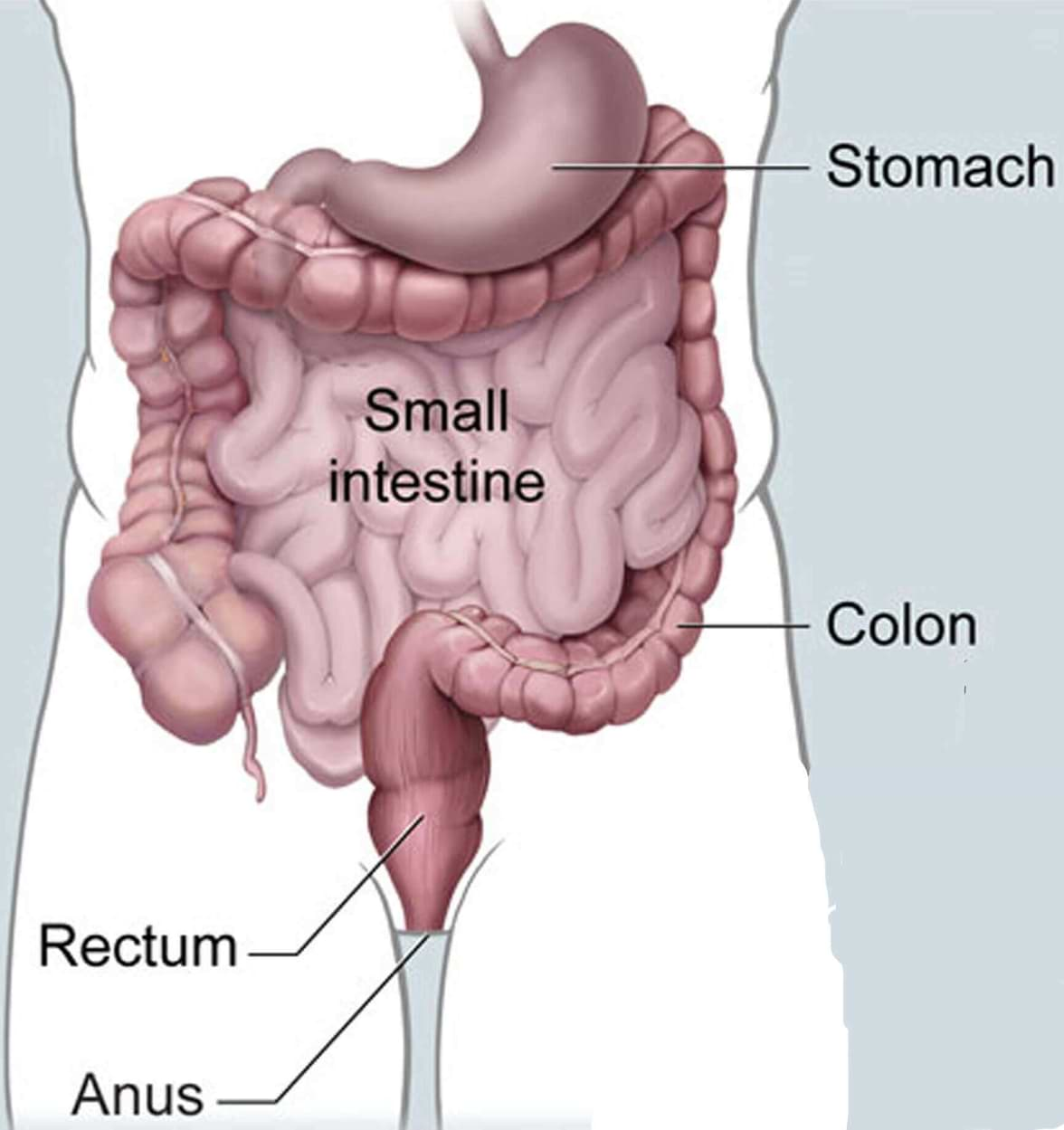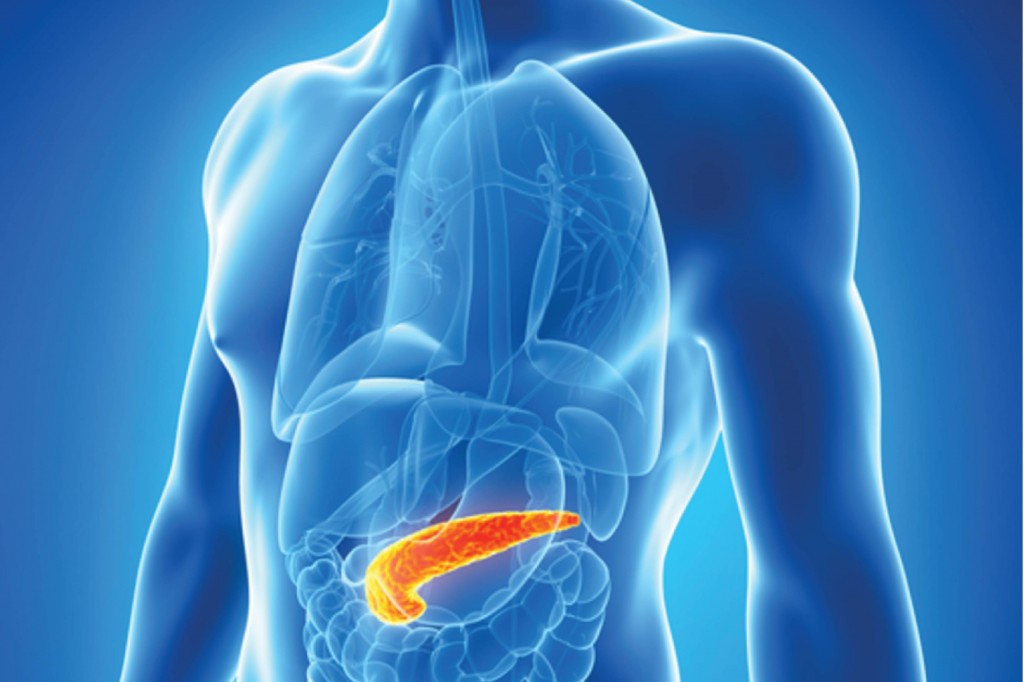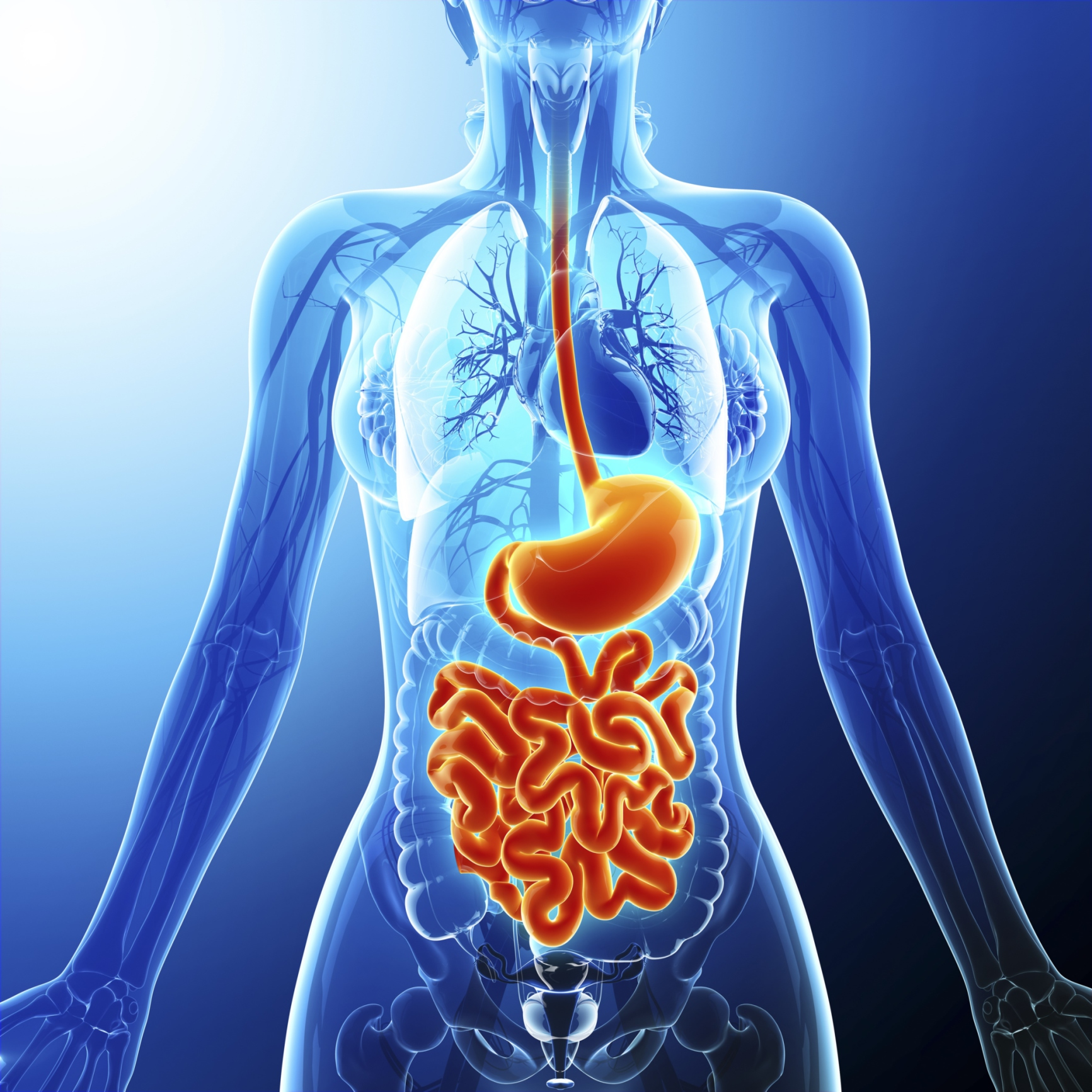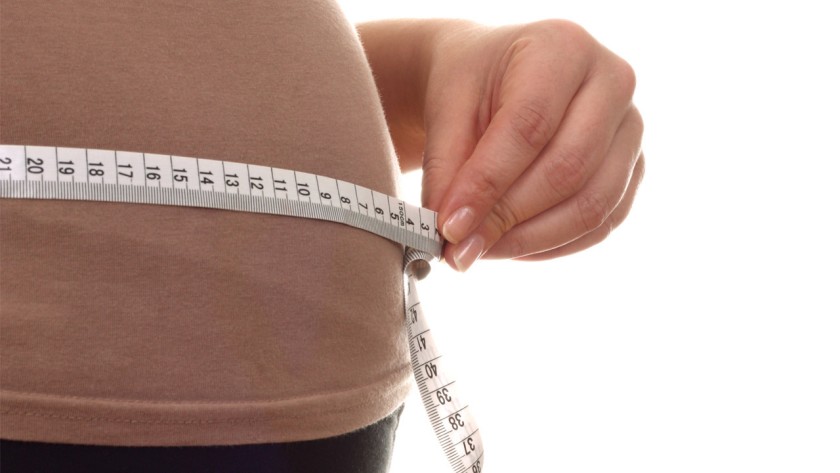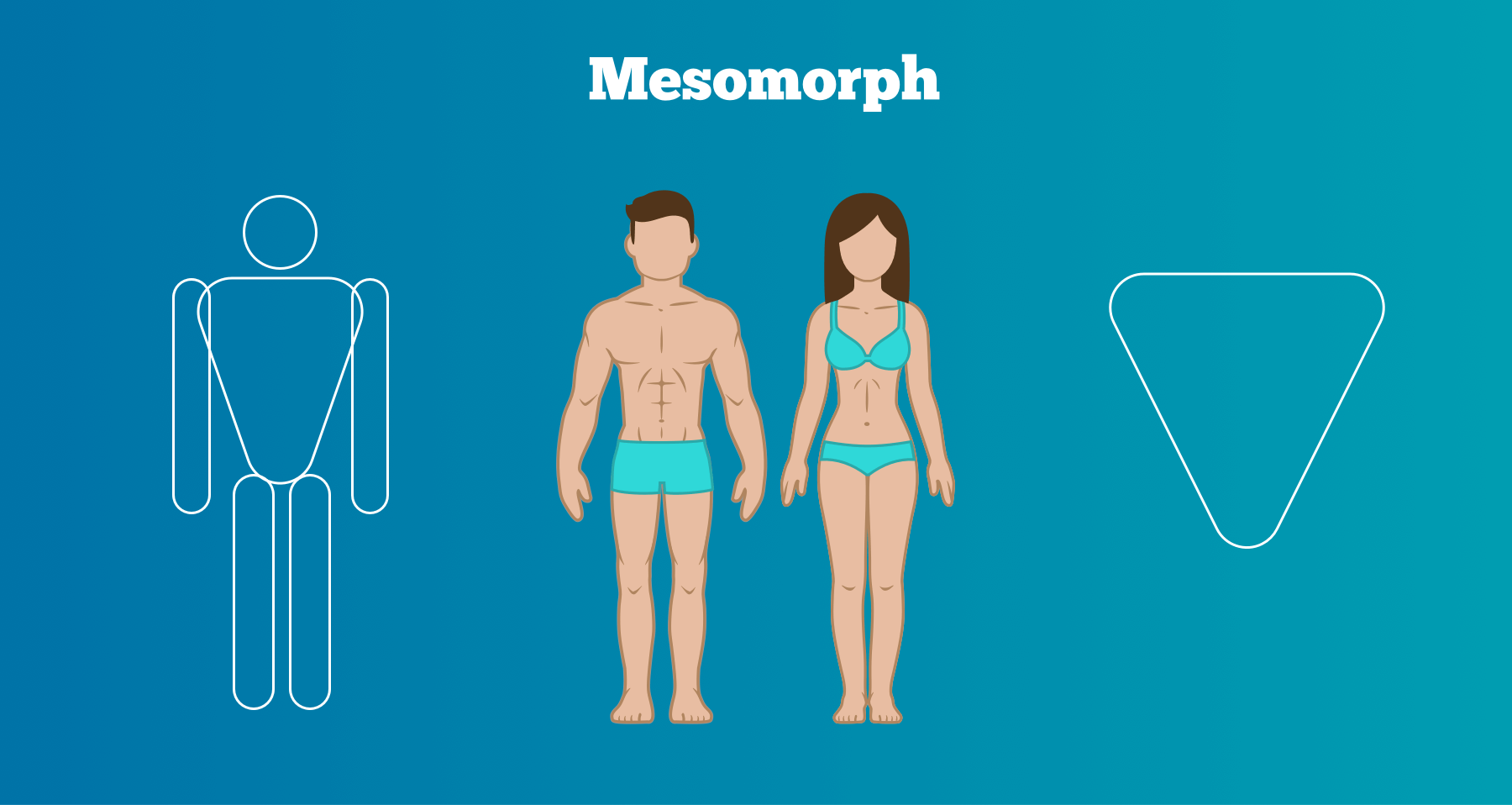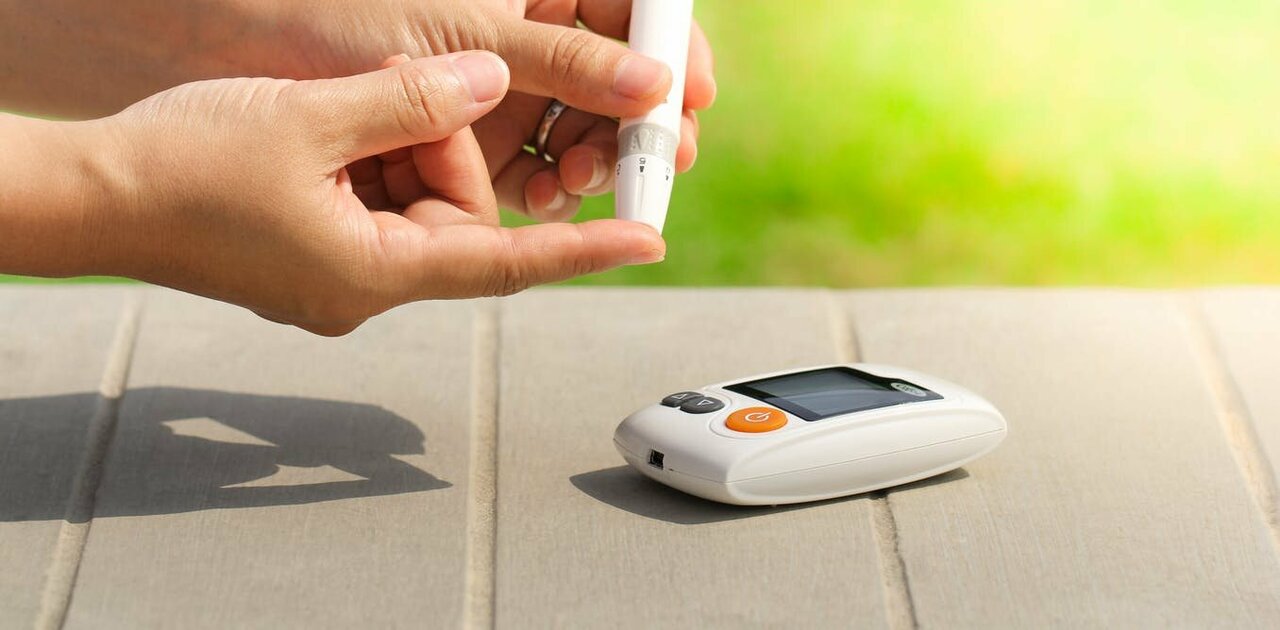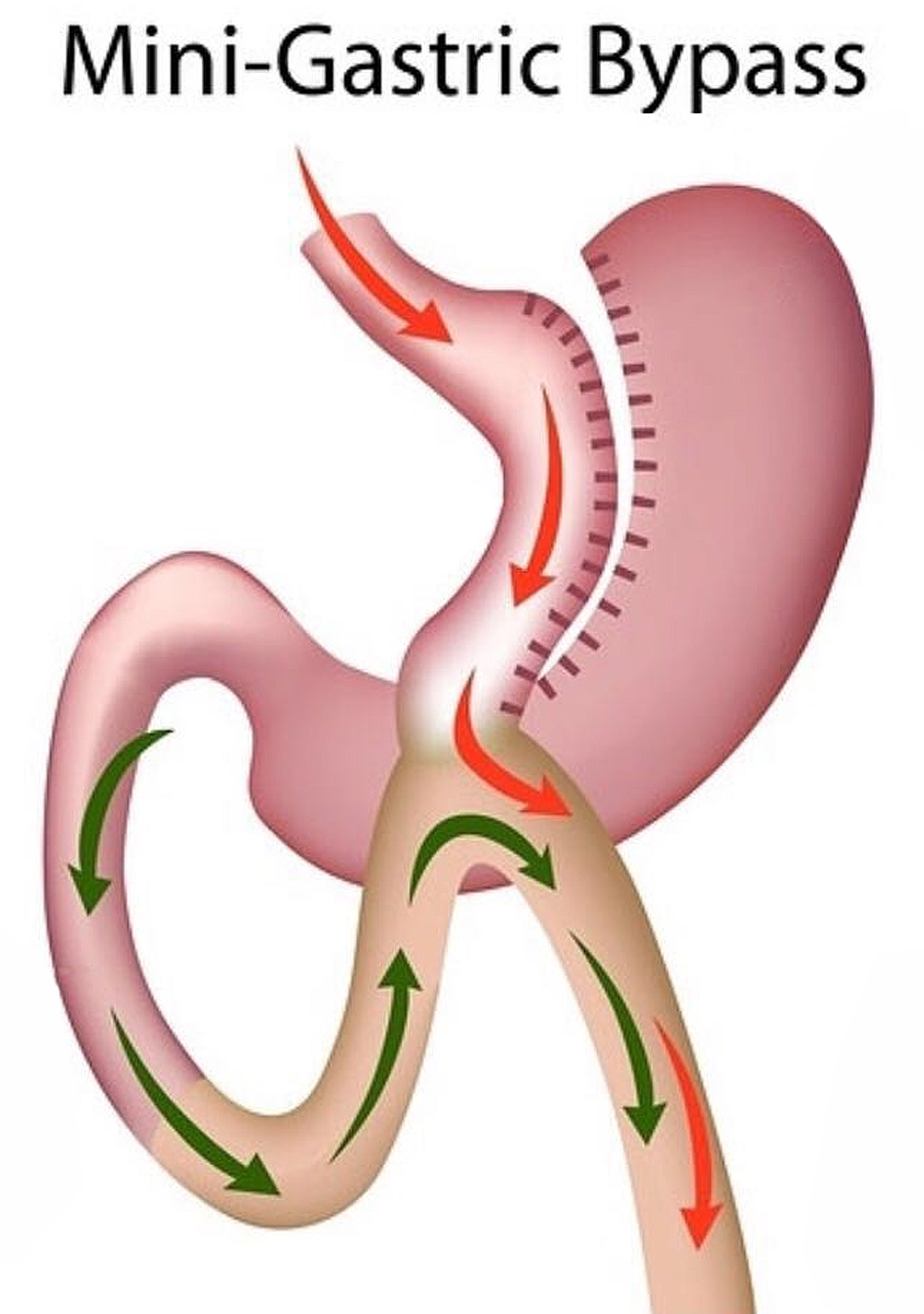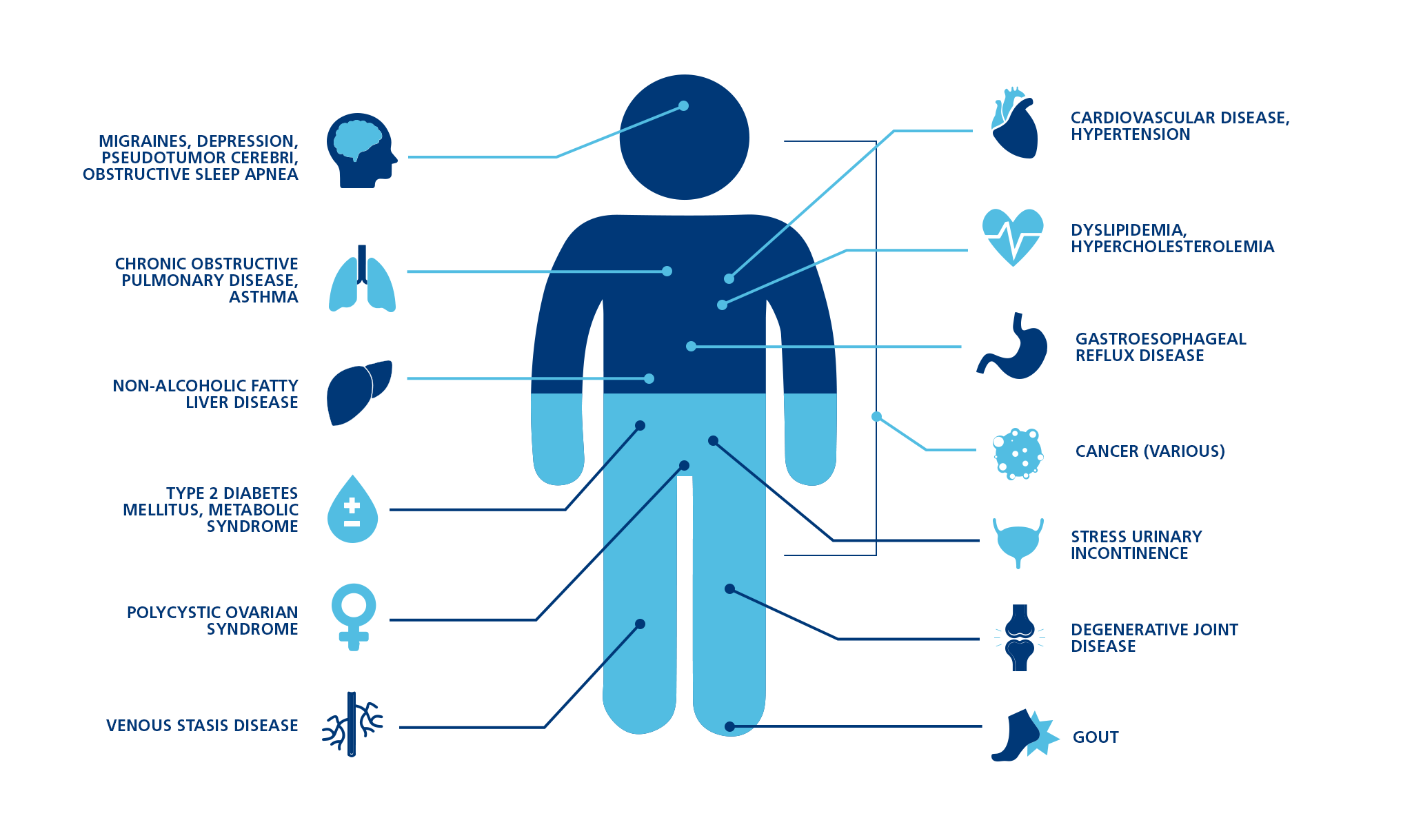APPENDIX, APPENDECTOMY, APPENDICITIS
Learn about Appendicitis- Risk factors, Symptoms, Test & Diagnosis
Appendicitis ( infection of appendix) occurs when the appendix becomes blocked, often by stool or as a result of infection in the body, since the appendix swells in response to any infection in the body. In elderly people, it may be blocked by a tumor, thus requiring proper evaluation before going for surgery.
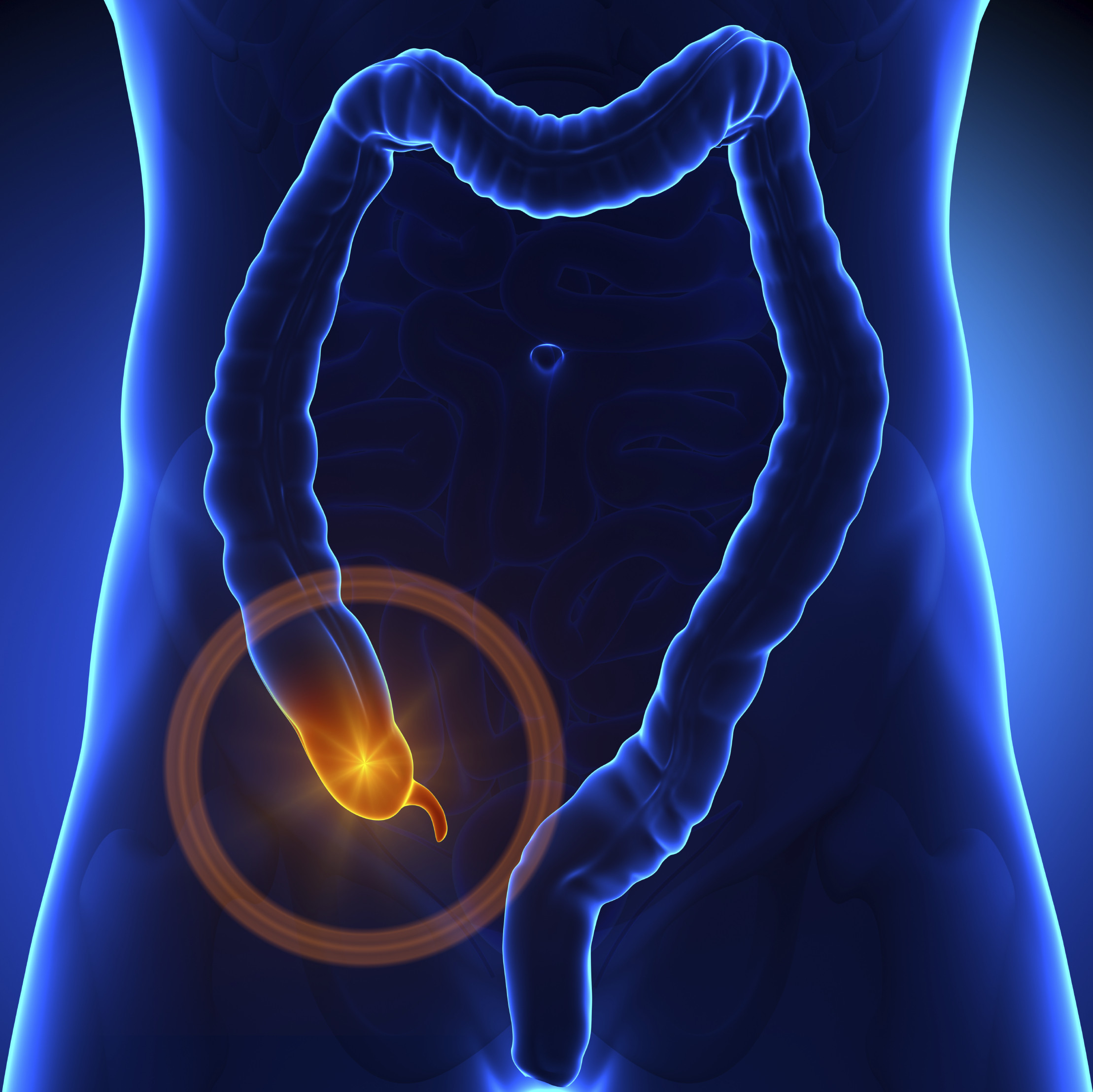
Risk Factors
Appendicitis can affect anyone. But some people may be more likely to develop this condition than others. Risk factors for appendicitis include:
- Age. Appendicitis most often affects teens and people in their 20sTrusted Source, but it can occur at any age.
- Sex. Appendicitis is more common in males than females.
- Family history. People who have a family history of appendicitis are at heightened risk of developing it.
Symptoms
Appendicitis pain often starts off as mild cramping in your upper abdomen or belly button area that then moves to the lower right quadrant of your abdomen. This pain often:
- Begins suddenly
- Gets worse when you move or cough
- Is so intense that it wakes you from sleep
- Is severe and different from other abdominal pain you’ve experienced
- Worsens within a few hours
Other symptoms of appendicitis may include:
- Loss of appetite
- Indigestion
- Nausea and vomiting
- Abdominal swelling
- Low-grade fever
Less commonly, you may experience bowel problems including:
- Diarrhea
- Constipation
- The desire to make bowel movements
- Inability to pass gas
If you’re constipated and you suspect that you may have appendicitis, avoid taking laxatives or using an enema. These treatments may cause your appendix to burst.
Contact your doctor if you have tenderness in the right side of your abdomen along with any of other symptoms of appendicitis. Appendicitis can quickly become a medical emergency.
Test and Diagnosis
If your doctor suspects you might have appendicitis, they will talk to you about your symptoms and medical history. They’ll then perform a physical exam to check for tenderness in the lower right part of your abdomen and swelling or rigidity. They may also do a digital rectal exam.
Depending on the results of your physical exam, your doctor may order one or more tests to check for signs of appendicitis or rule out other potential causes of your symptoms.
There’s no single test available to diagnose appendicitis. If your doctor can’t identify any other causes of your symptoms, they may diagnose the cause as appendicitis.
Blood tests
To check for signs of infection, your doctor may order a complete blood count (CBC). To conduct this test, they will collect a sample of your blood and send it to a lab for analysis.
Appendicitis is often accompanied by bacterial infection. An infection in your urinary tract or other abdominal organs may also cause symptoms similar to those of appendicitis.
Your doctor may also order a C-reactive protein test to check if there are other causes for abdominal inflammation, such as an autoimmune disorder or other chronic condition.
Urine tests
To rule out a urinary tract infection or kidney stones as a potential cause of your symptoms, your doctor may use urinalysis. This is also known as a urine test.
Your doctor will collect a sample of your urine that will be examined in a lab.
Pregnancy test
Ectopic pregnancy can be mistaken for appendicitis. It happens when a fertilized egg implants itself in a fallopian tube, rather than the uterus. This can be a medical emergency.
If your doctor suspects you might have an ectopic pregnancy, they may perform a pregnancy test. To conduct this test, they will collect a sample of your urine or blood. They may also use a transvaginal ultrasound to learn where the fertilized egg has implanted.
Pelvic exam
If you were assigned female at birth, your symptoms might be caused by pelvic inflammatory disease, an ovarian cyst, or another condition affecting your reproductive organs.
To examine your reproductive organs, your doctor may perform a pelvic exam.
During this exam, they will visually inspect your vagina, vulva, and cervix. They will also manually inspect your uterus and ovaries. They may collect a sample of tissue for testing.
Abdominal imaging tests
To check for inflammation of your appendix, your doctor might order imaging tests of your abdomen. This can help check for signs of inflammation, an abscess, or other problems with your appendix.
It can also help doctors identify other potential causes of your symptoms, such as:
- Abdominal abscess
- Fecal impaction
- Inflammatory bowel disease
Your doctor may order one or more of the following imaging tests:
- Abdominal ultrasound
- Abdominal X-ray
- Abdominal CT scan
- Abdominal MRI scan
- Abdominal ultrasound
In some cases, you might need to stop eating food for a period of time before your test. Your doctor can help you learn how to prepare for it.
Chest imaging tests
Pneumonia in the lower right lobe of your lungs can also cause symptoms similar to appendicitis.
If your doctor thinks you might have pneumonia, they will likely order a chest X-ray. They may also order an ultrasound or a CT scan to create detailed images of your lungs.
Compared to an ultrasound, a CT scan creates more detailed images of your organs. However, there are some health risks associated with radiation exposure from a CT scan, so it’s usually only recommended after an ultrasound and MRI.
CT scans can harm a developing fetus. If you’re of childbearing age, your doctor will offer a pregnancy test first.
Learn more about Appendicitis and its treatment here.
Reference
- https://www.niddk.nih.gov/health-information/digestive-diseases/appendicitis/all-content#section1
- https://www.hopkinsmedicine.org/health/conditions-and-diseases/appendicitis

